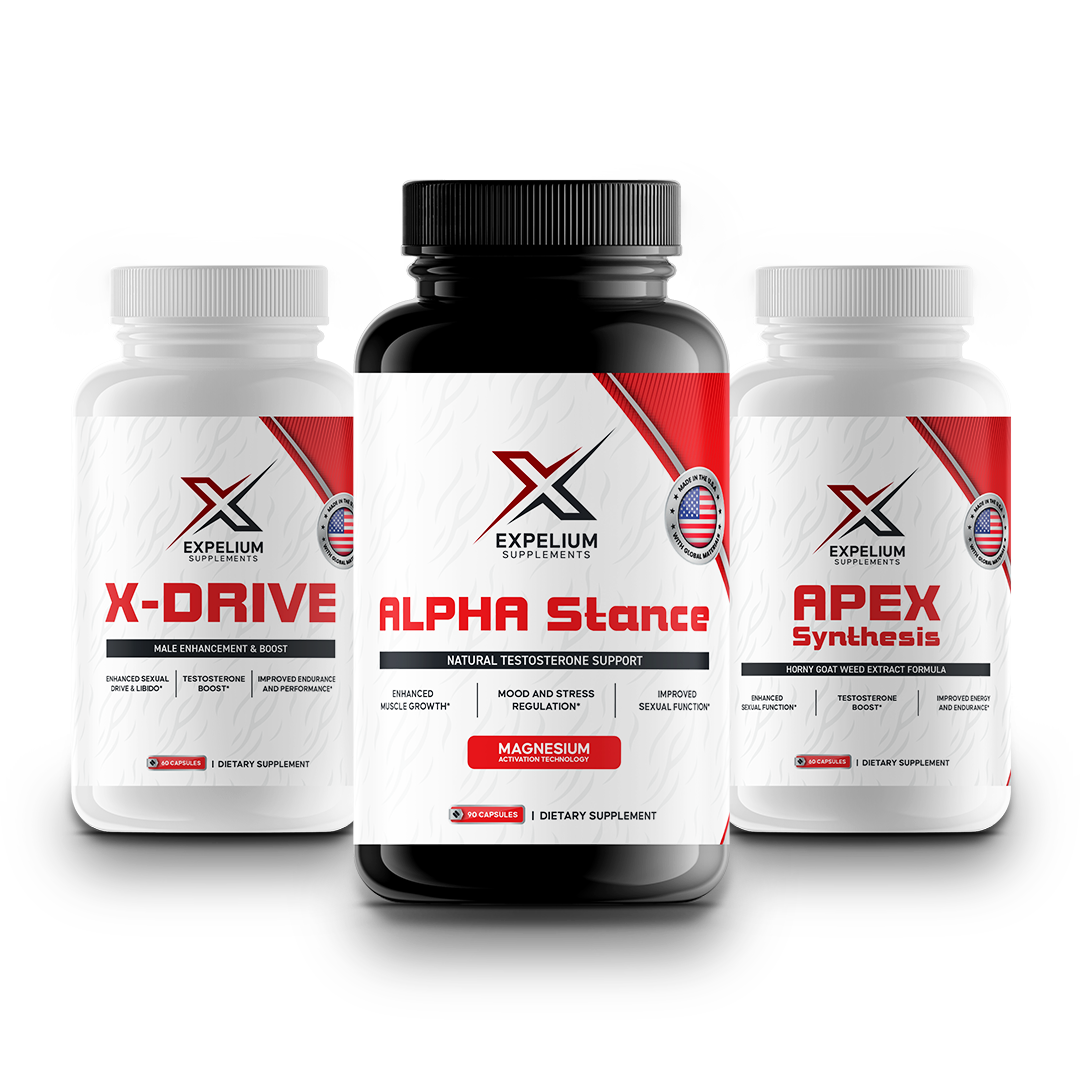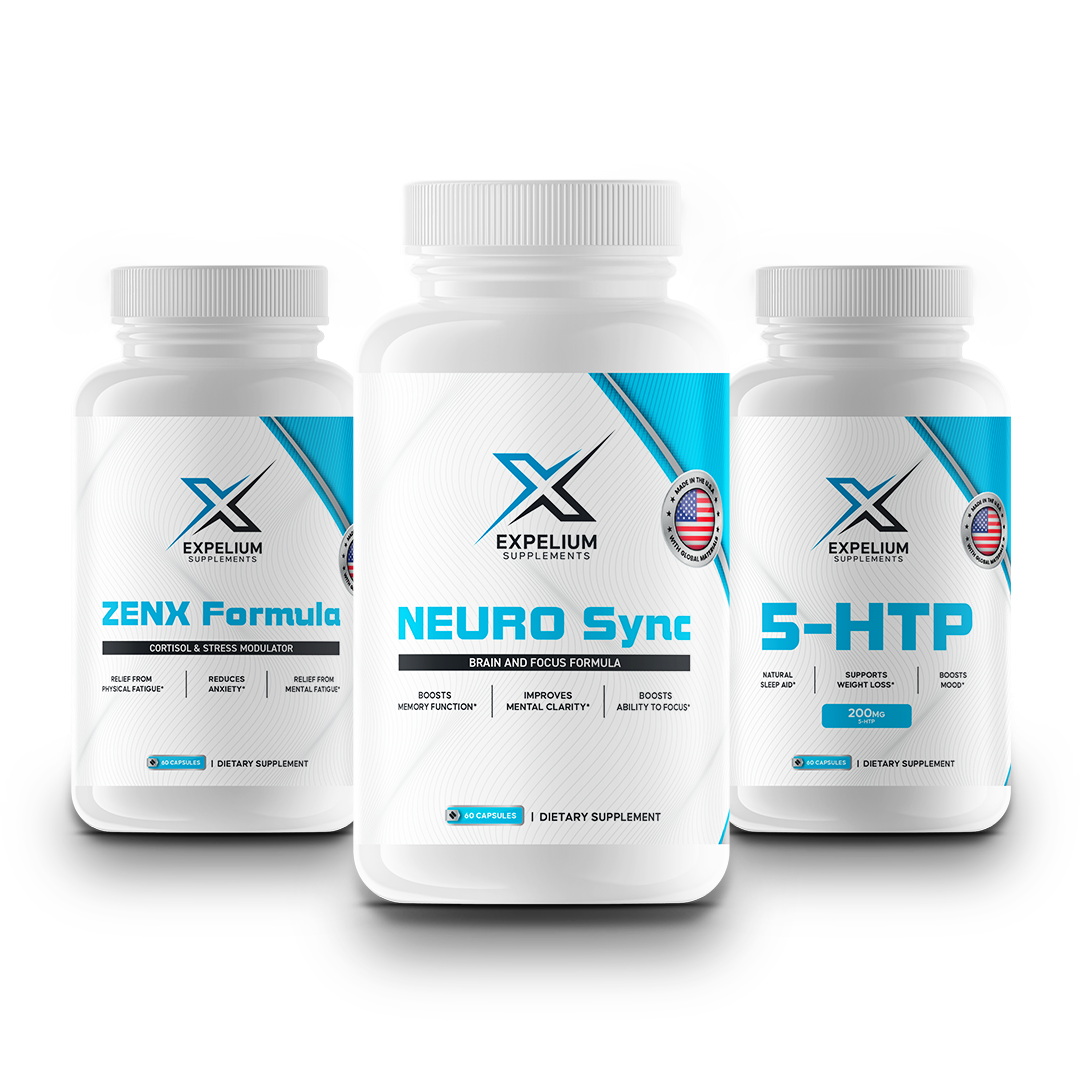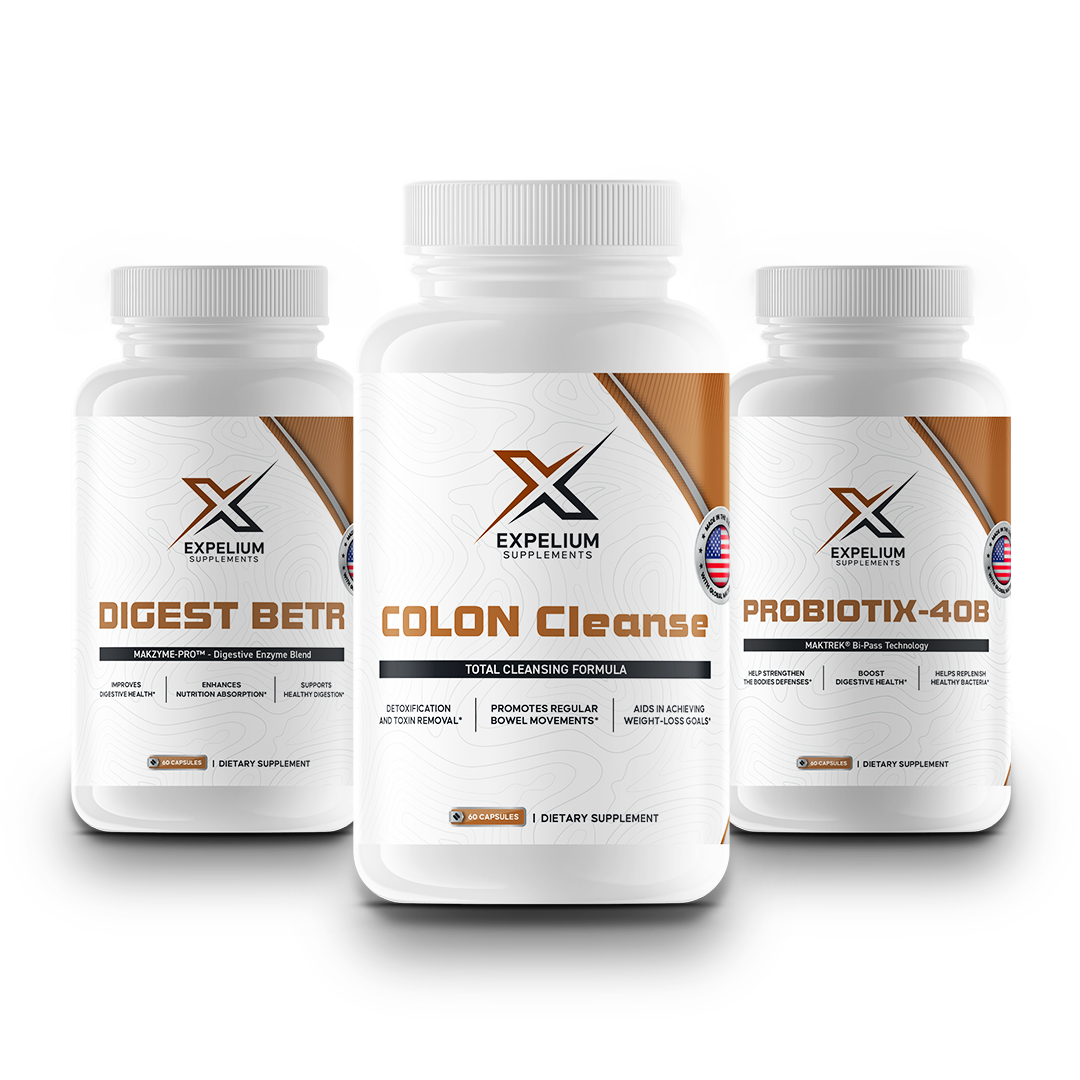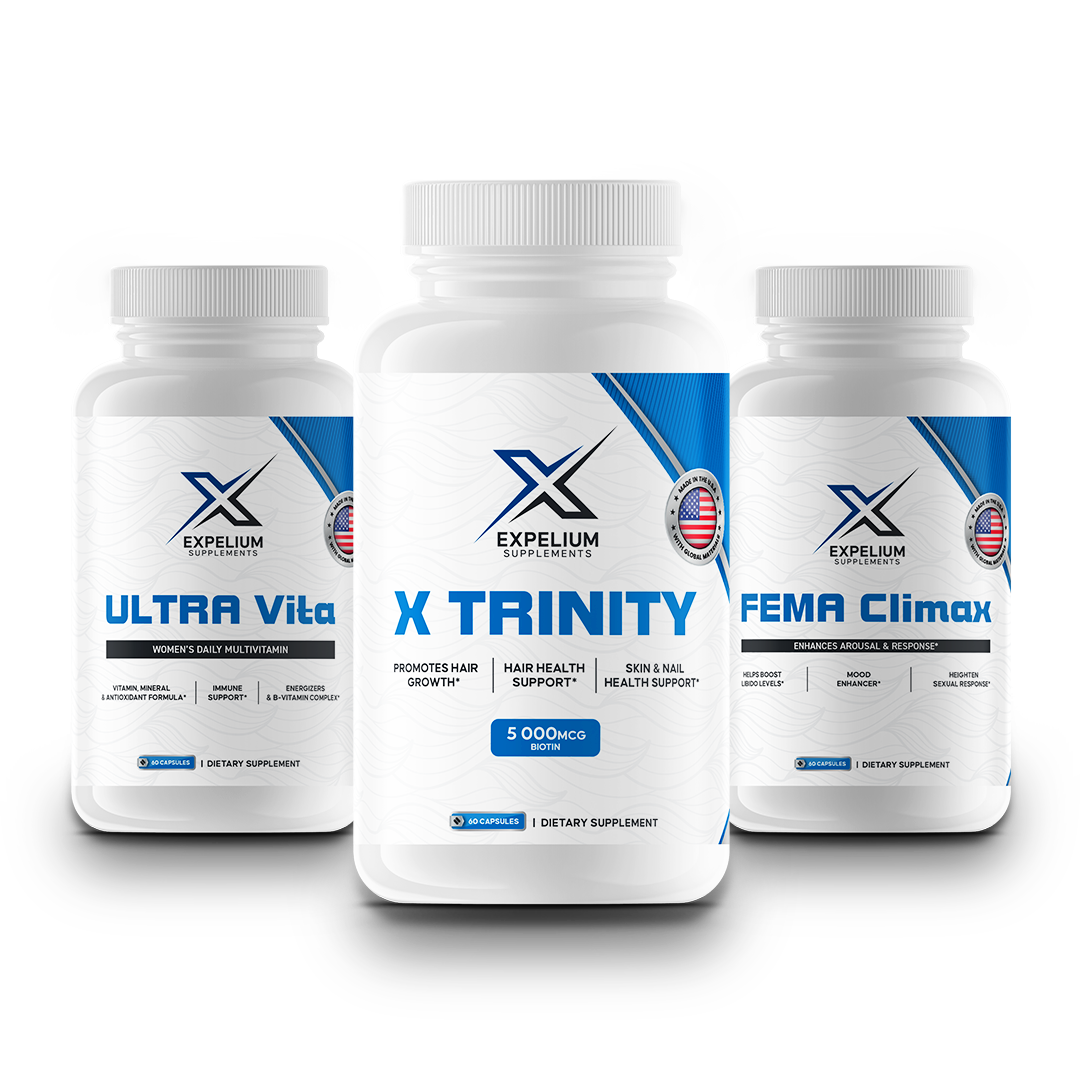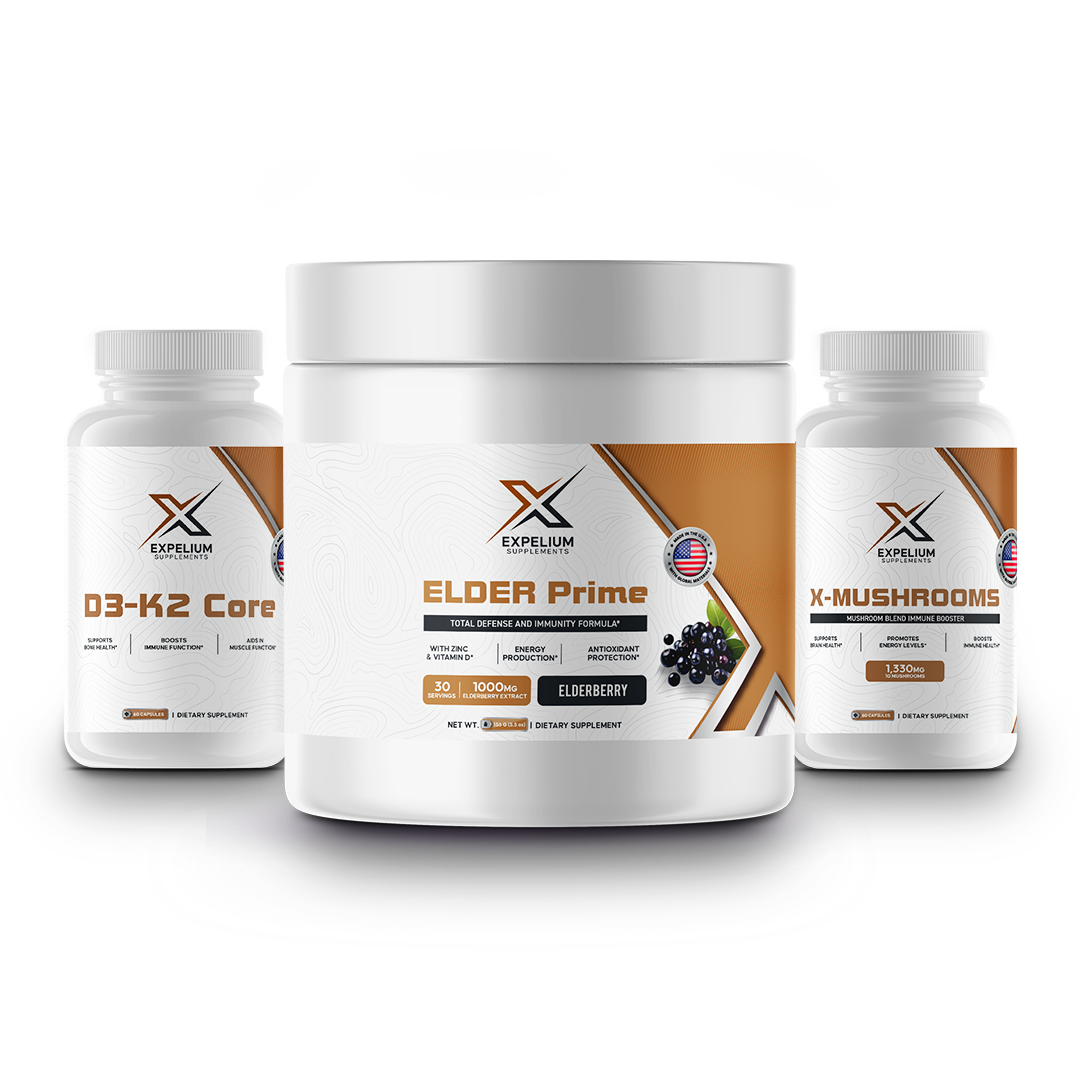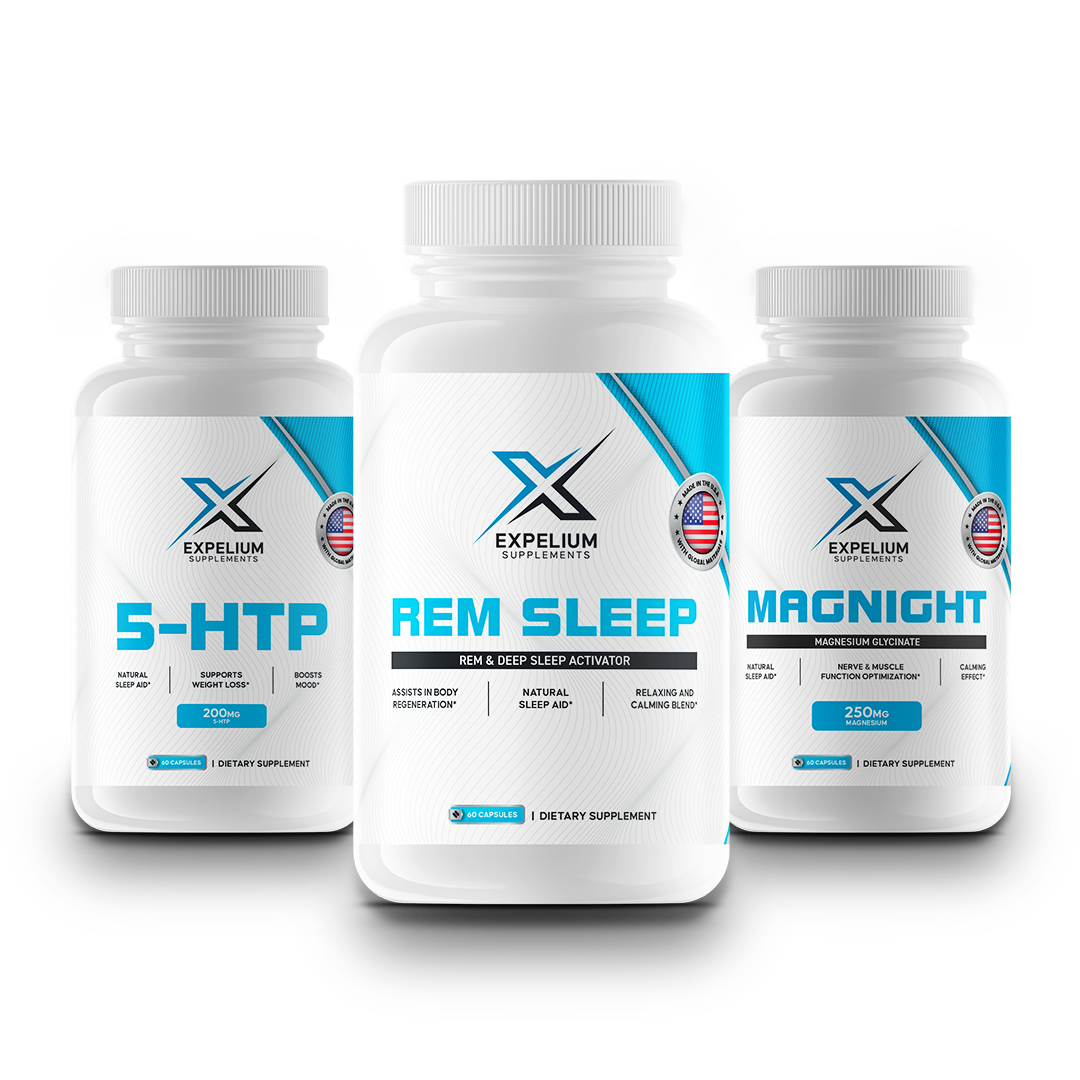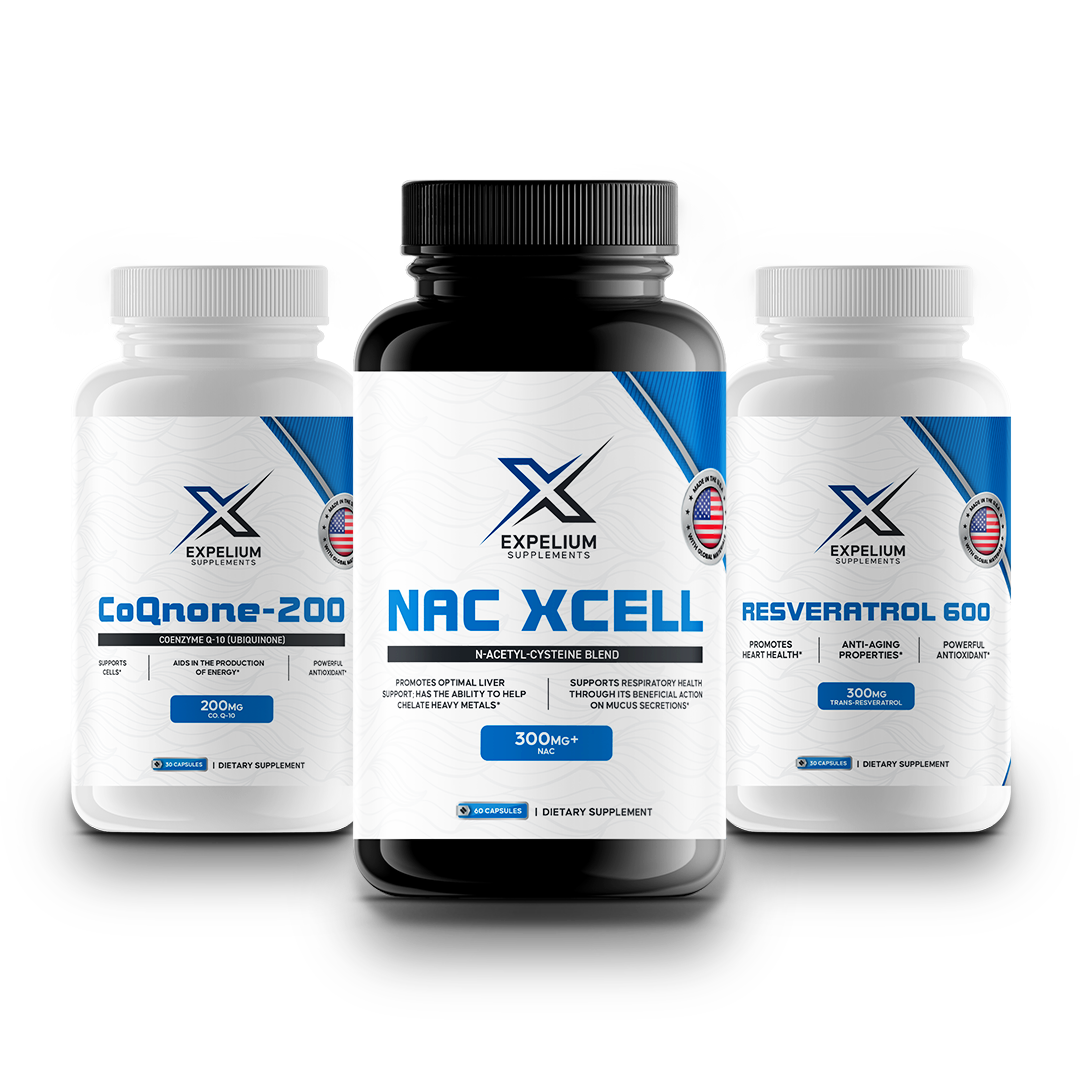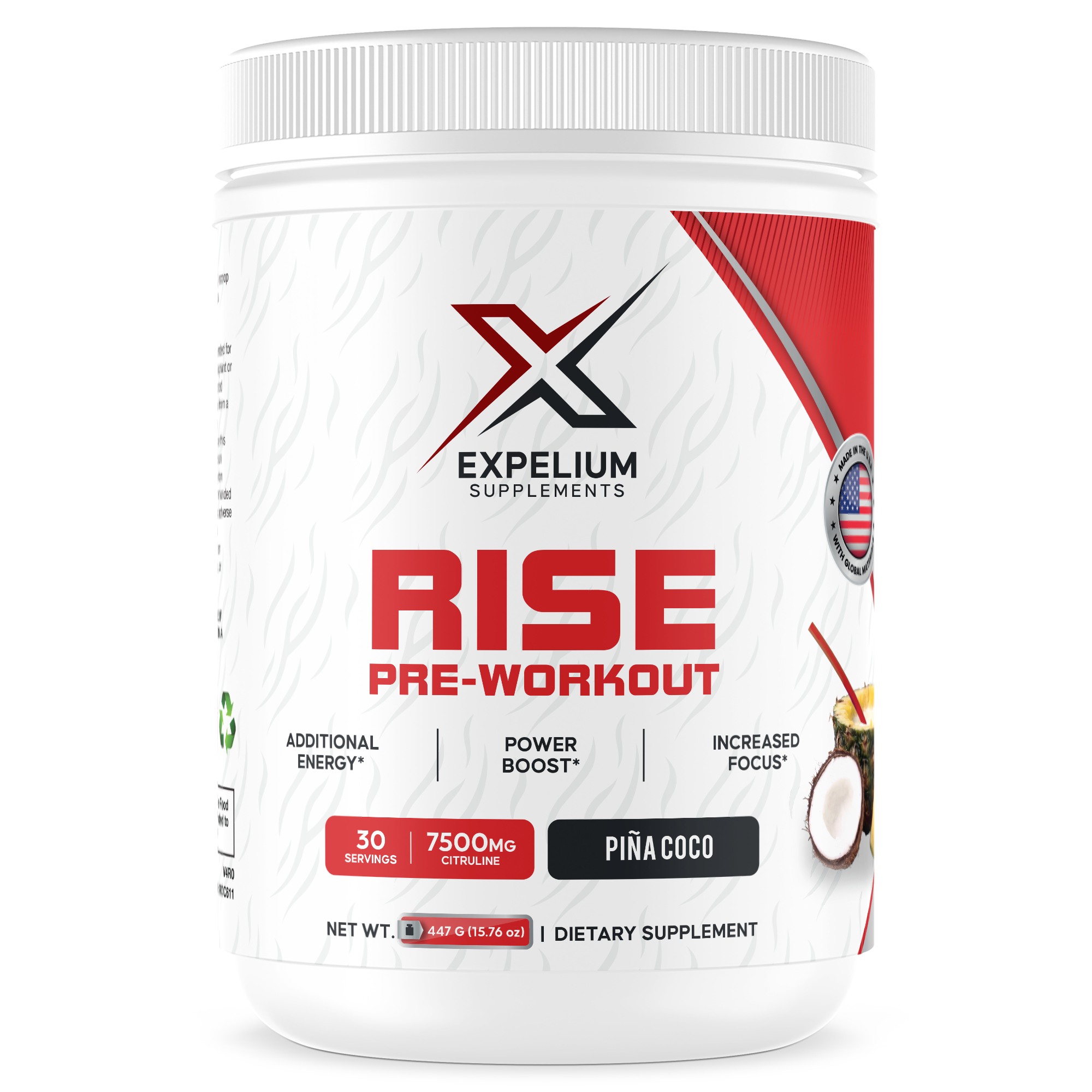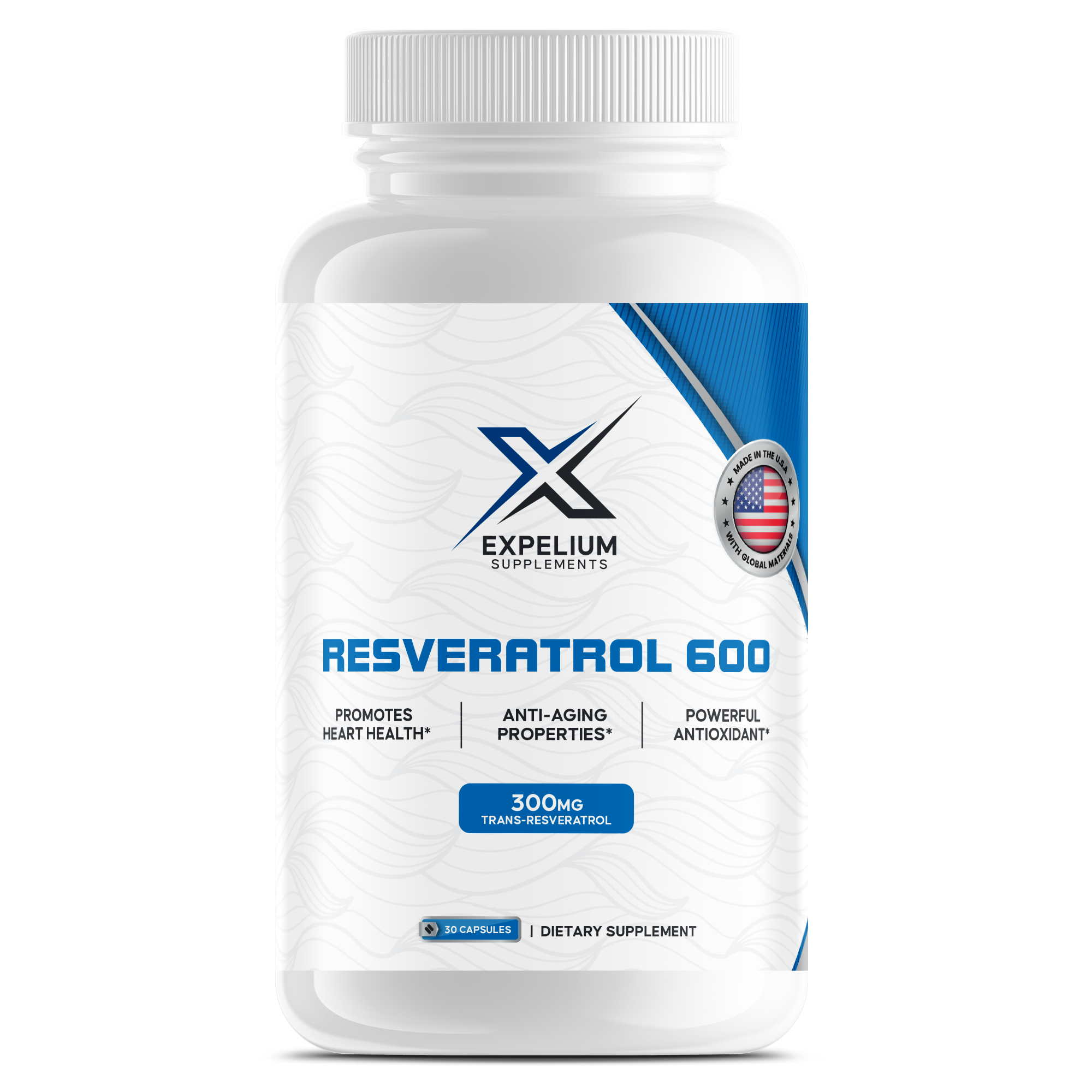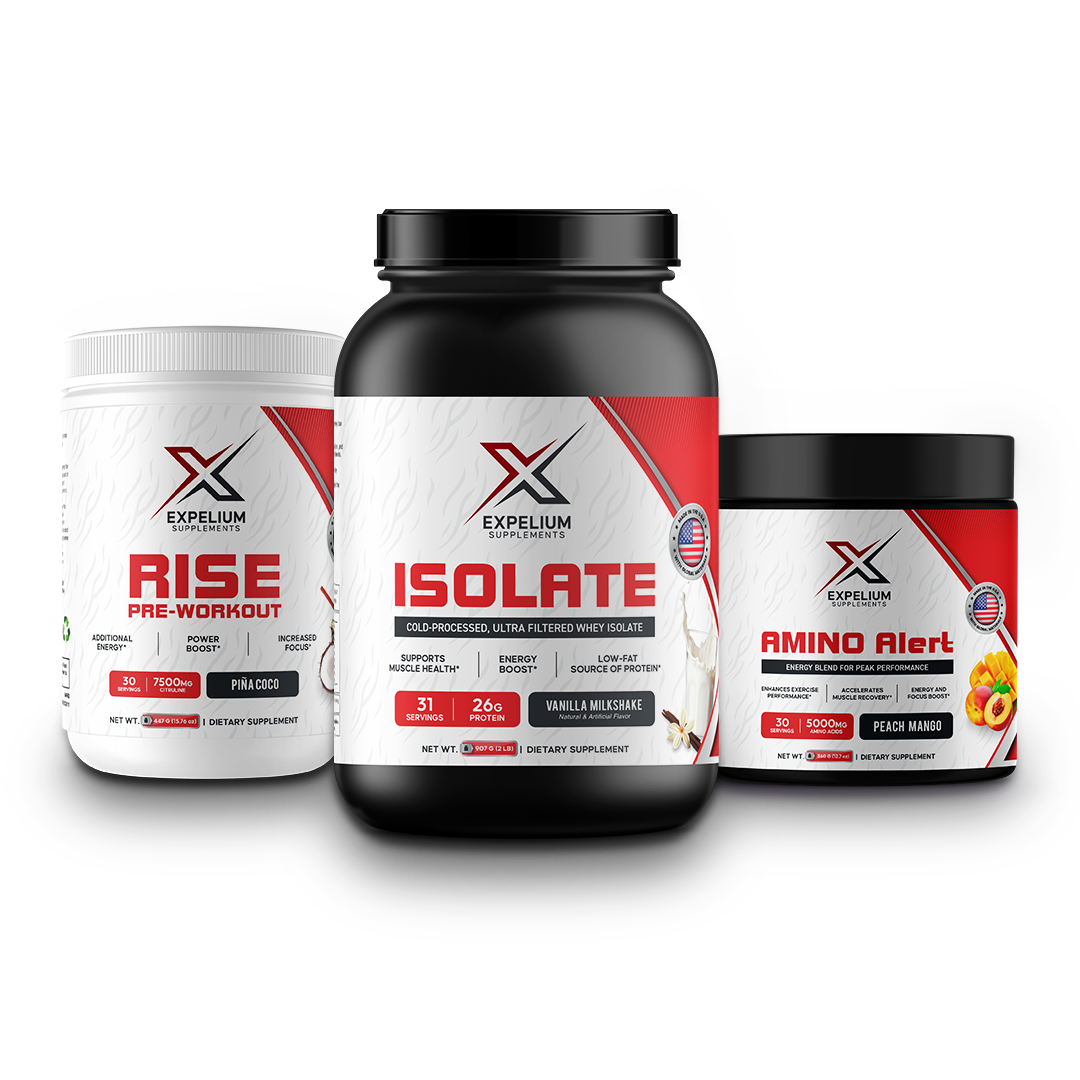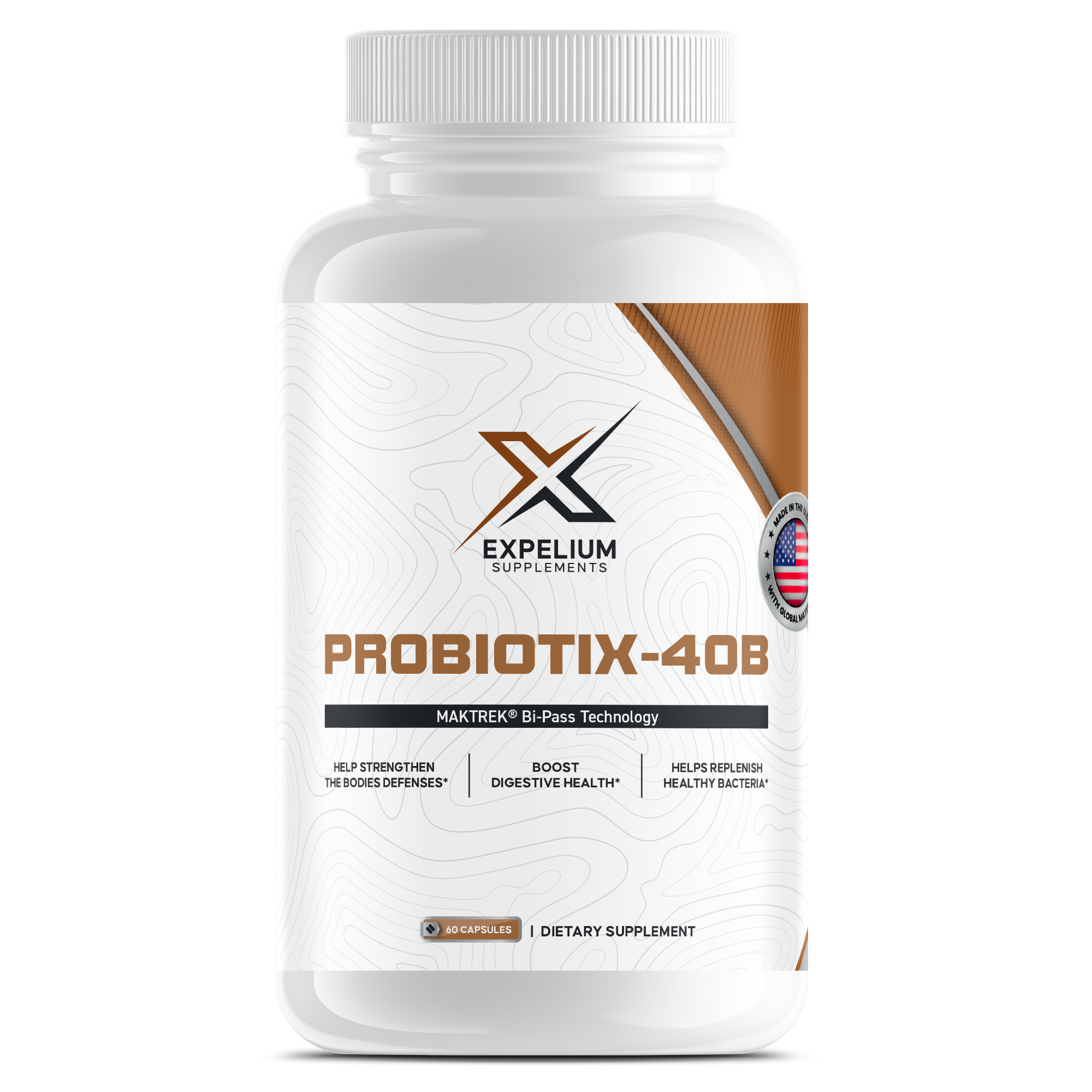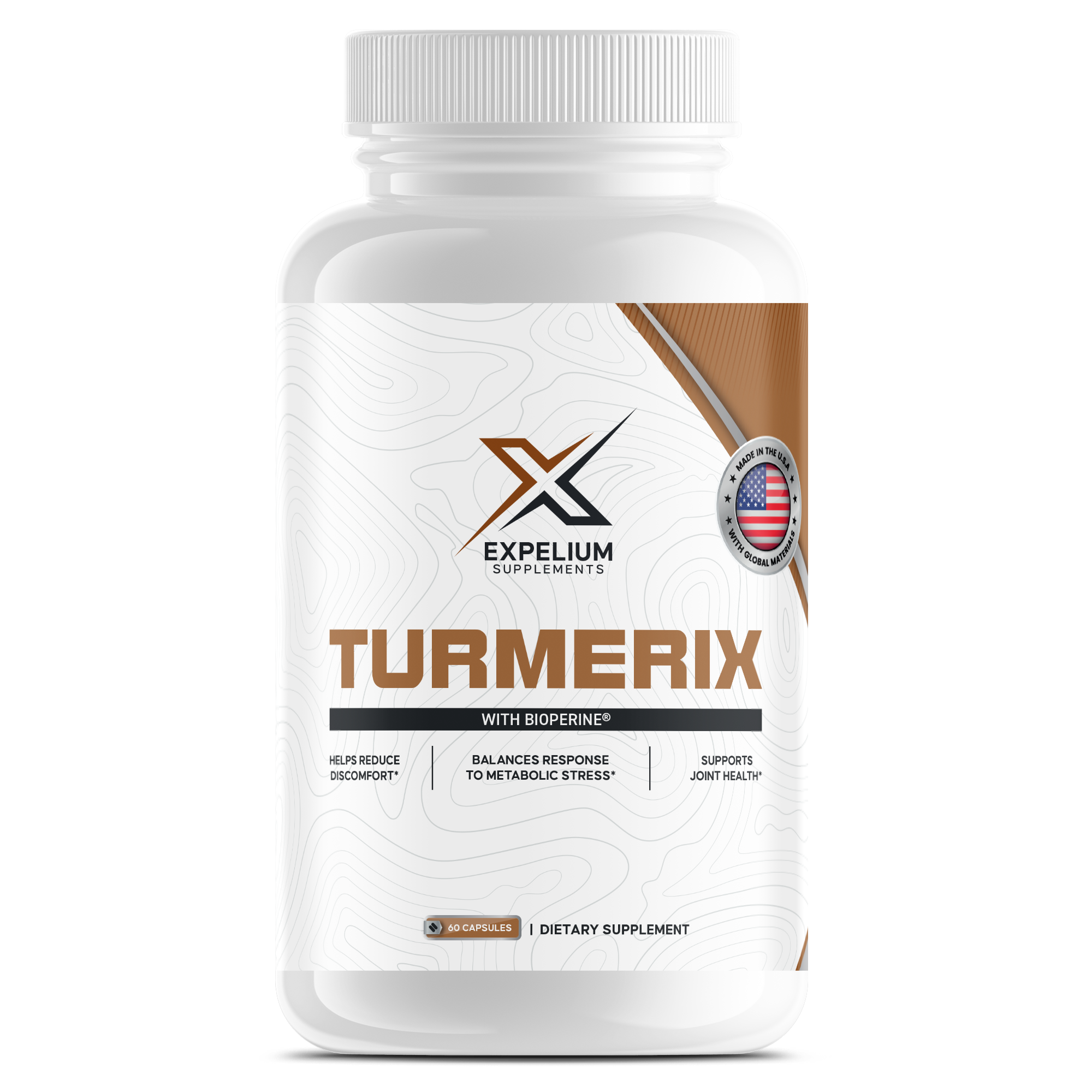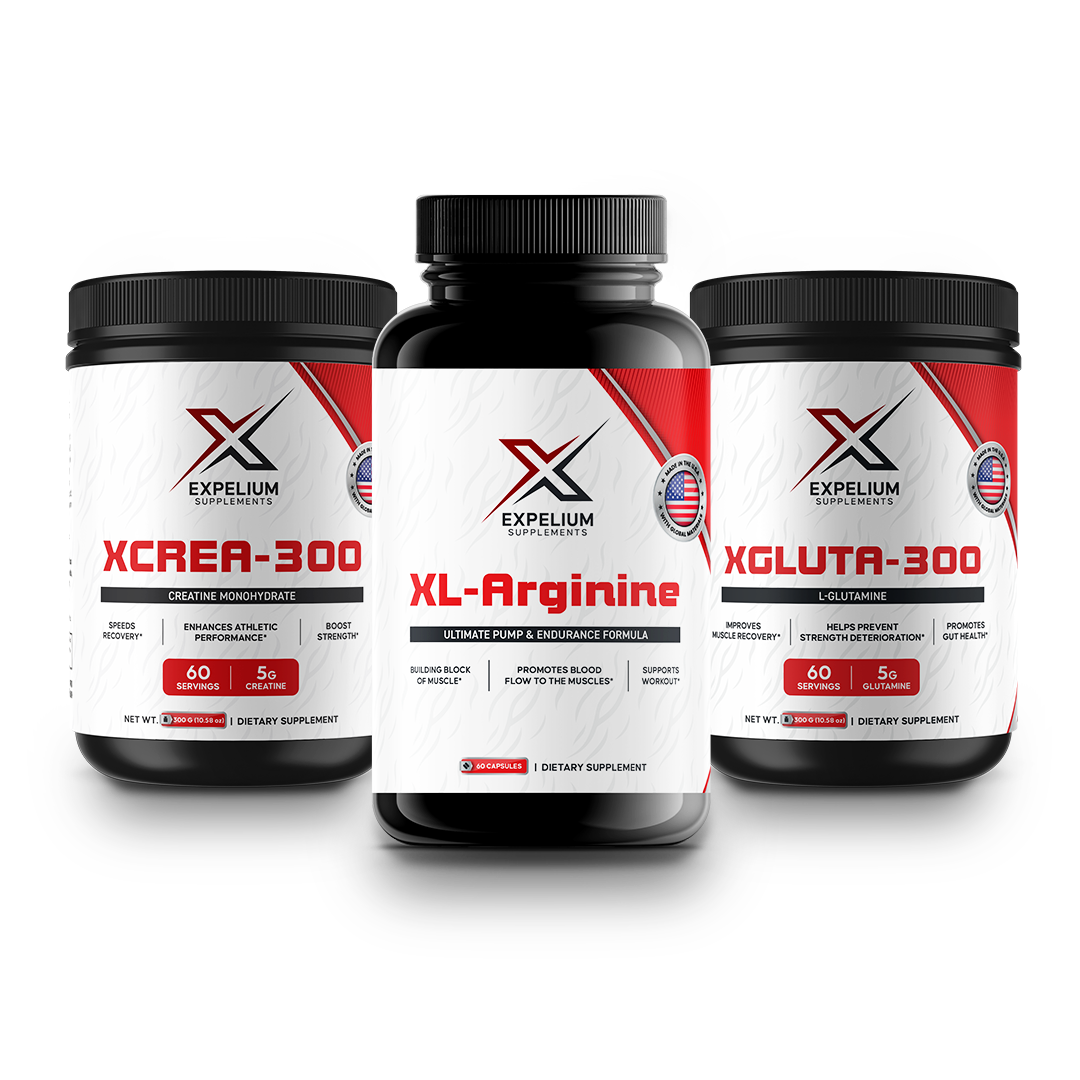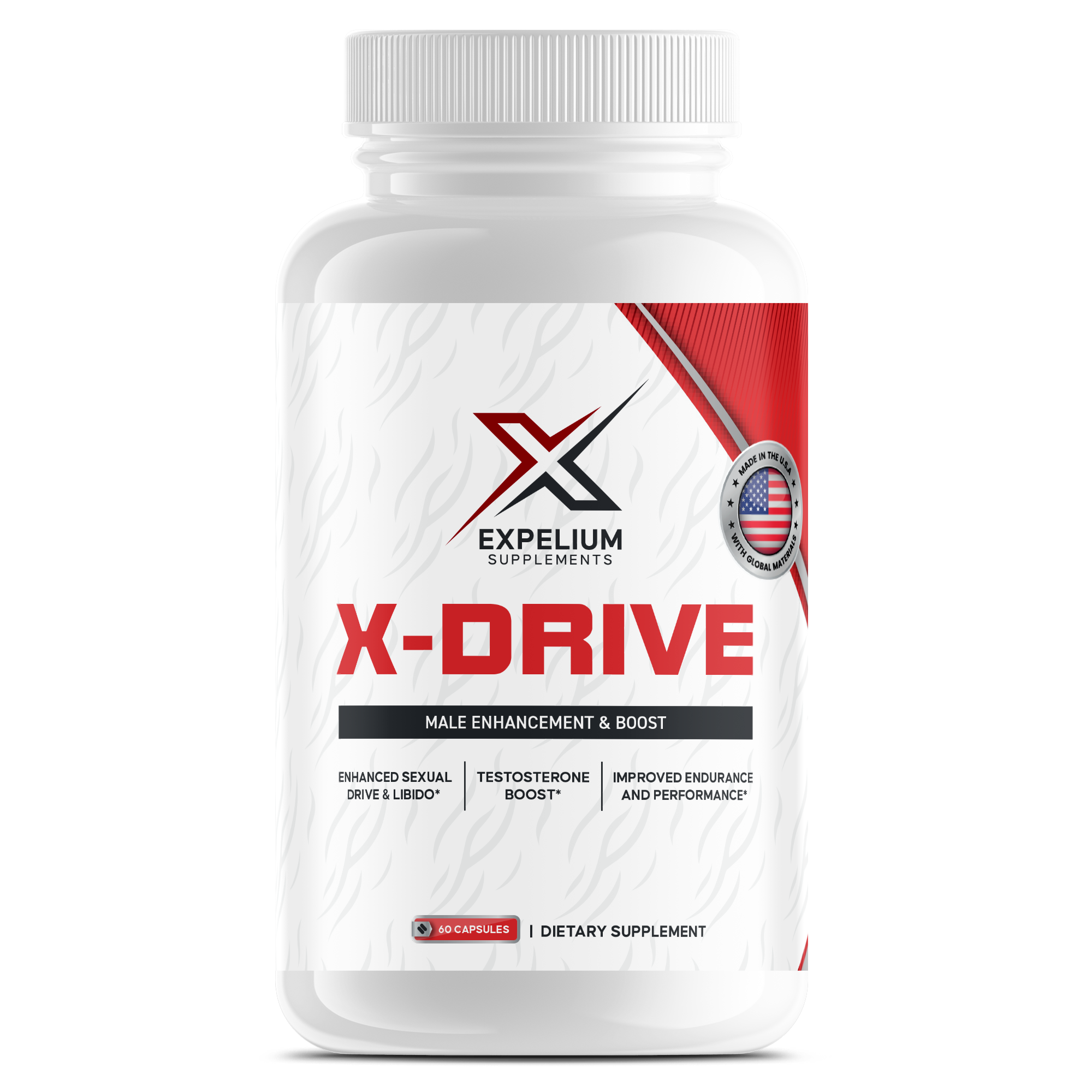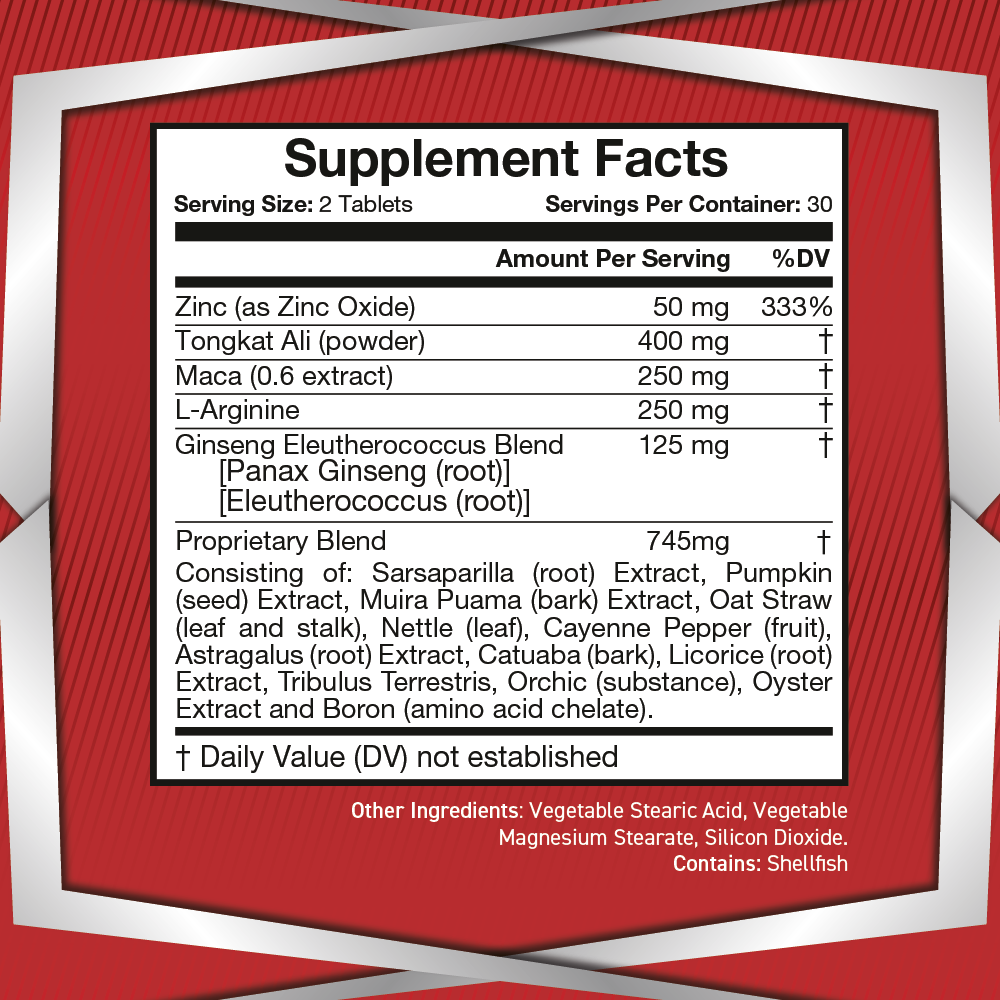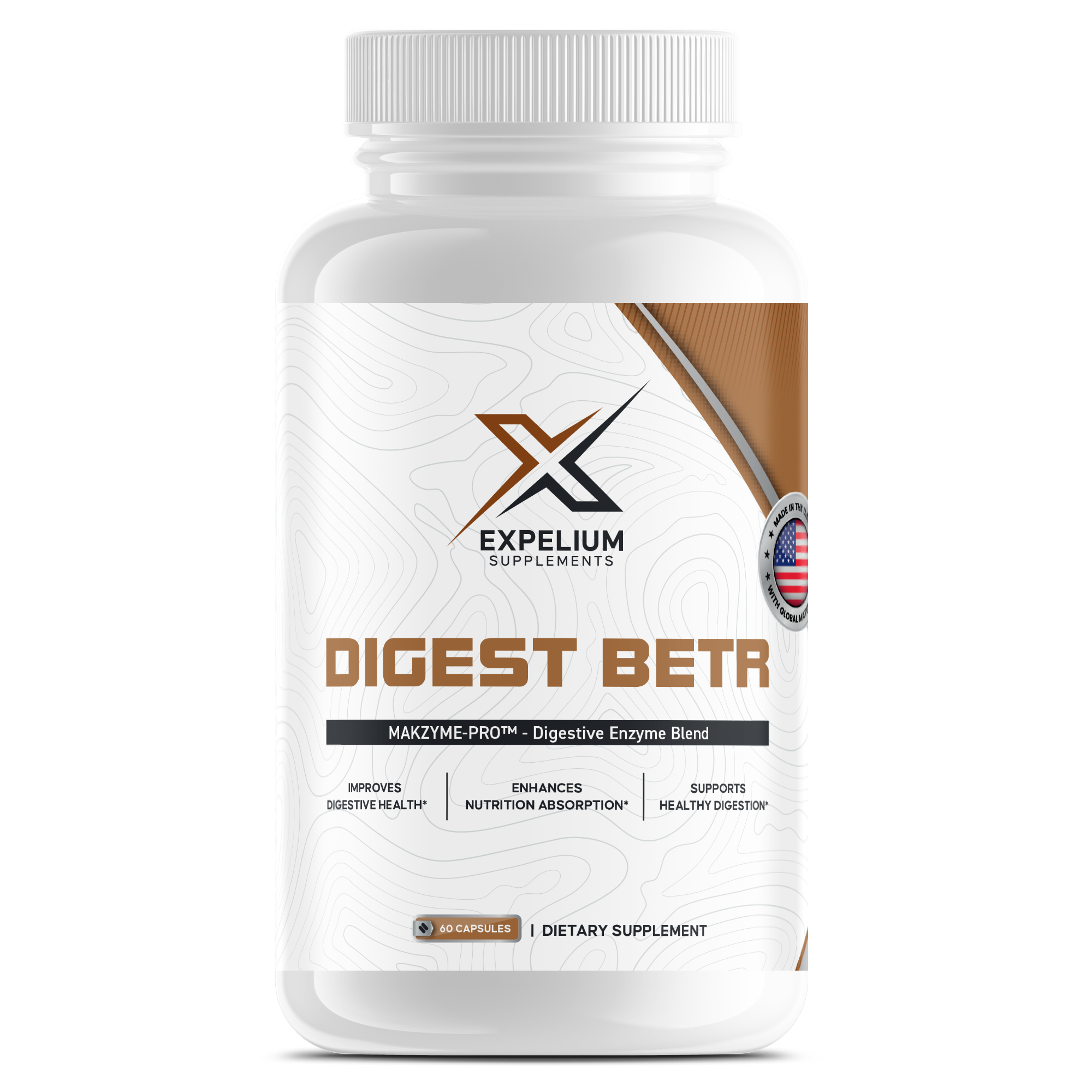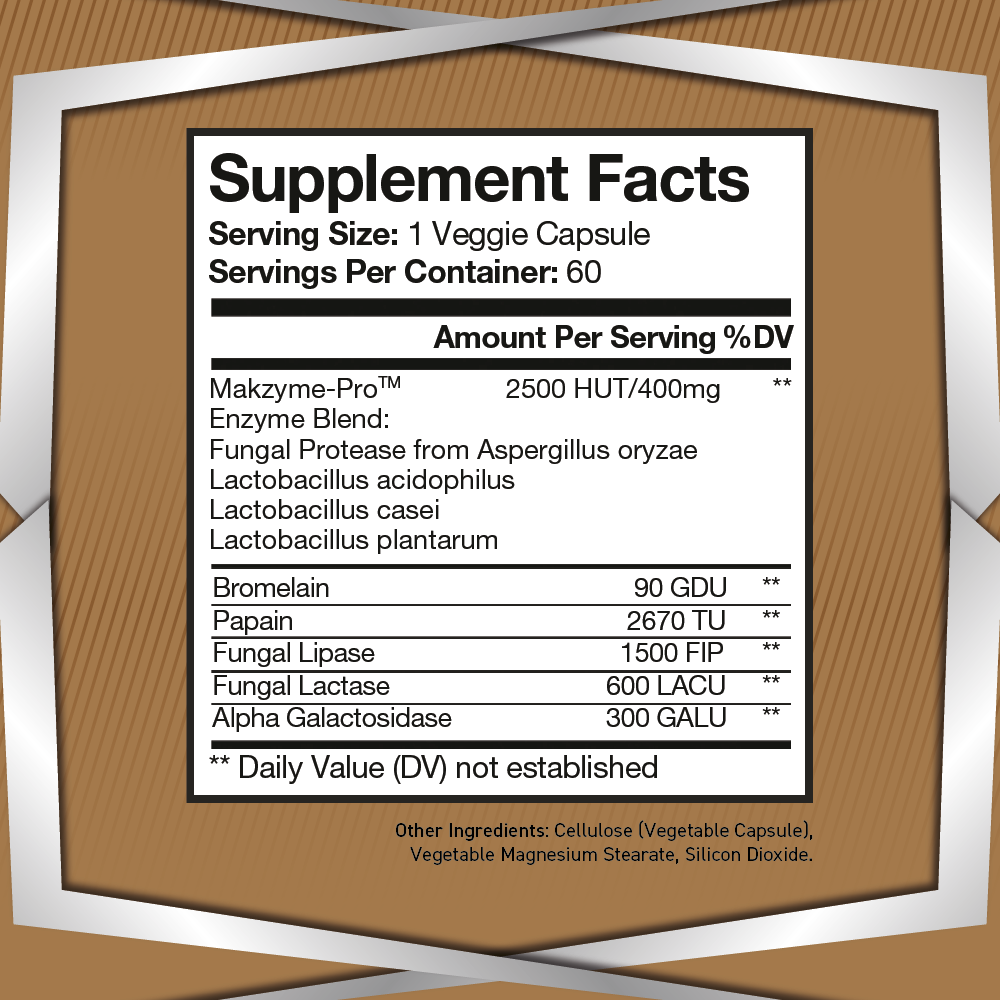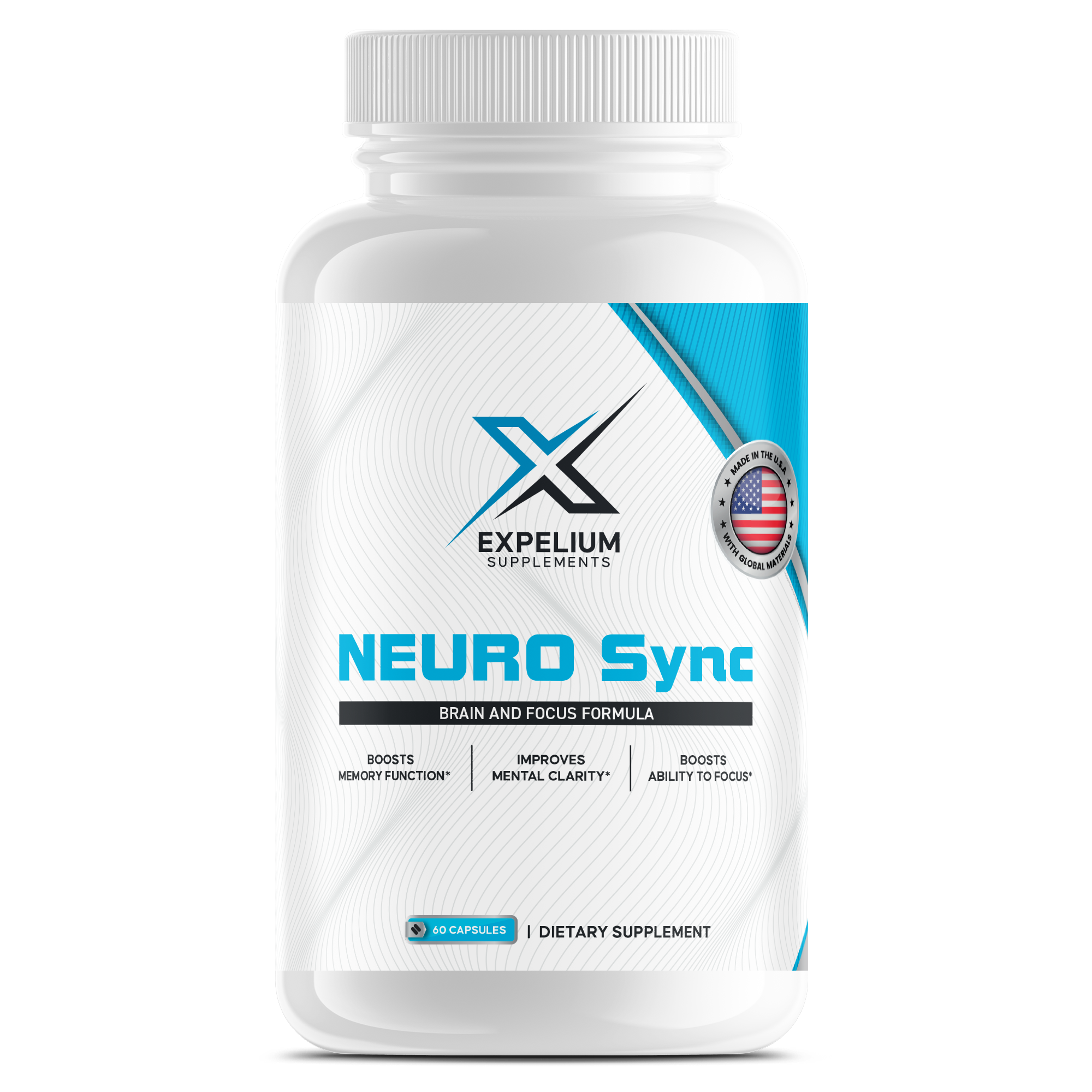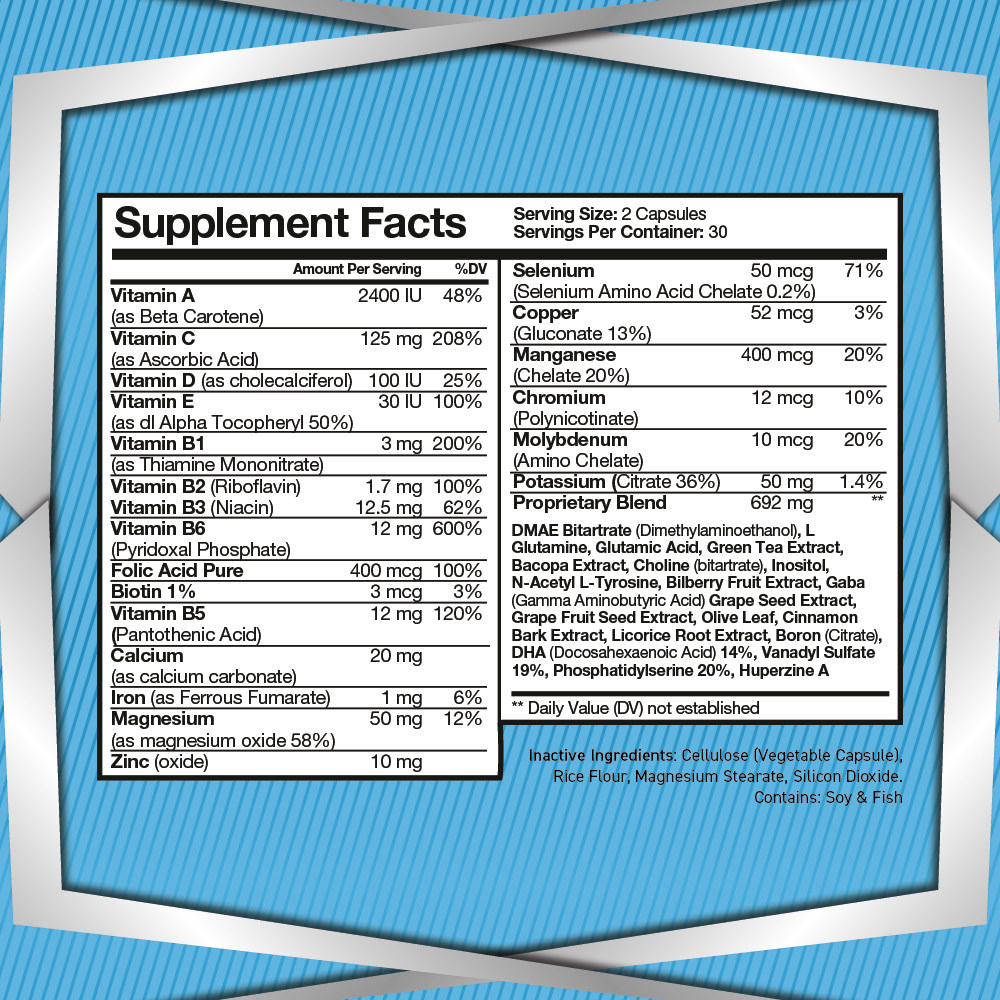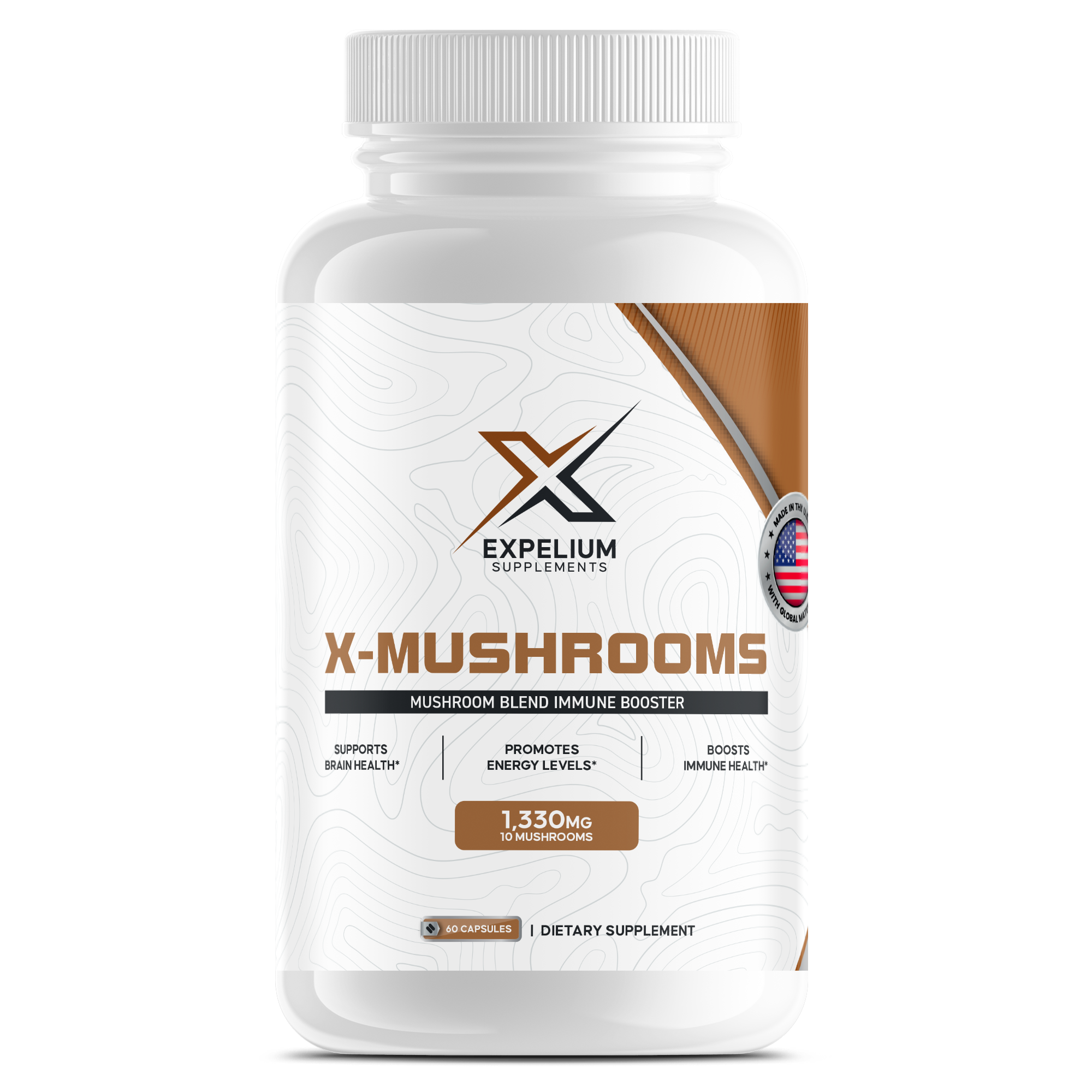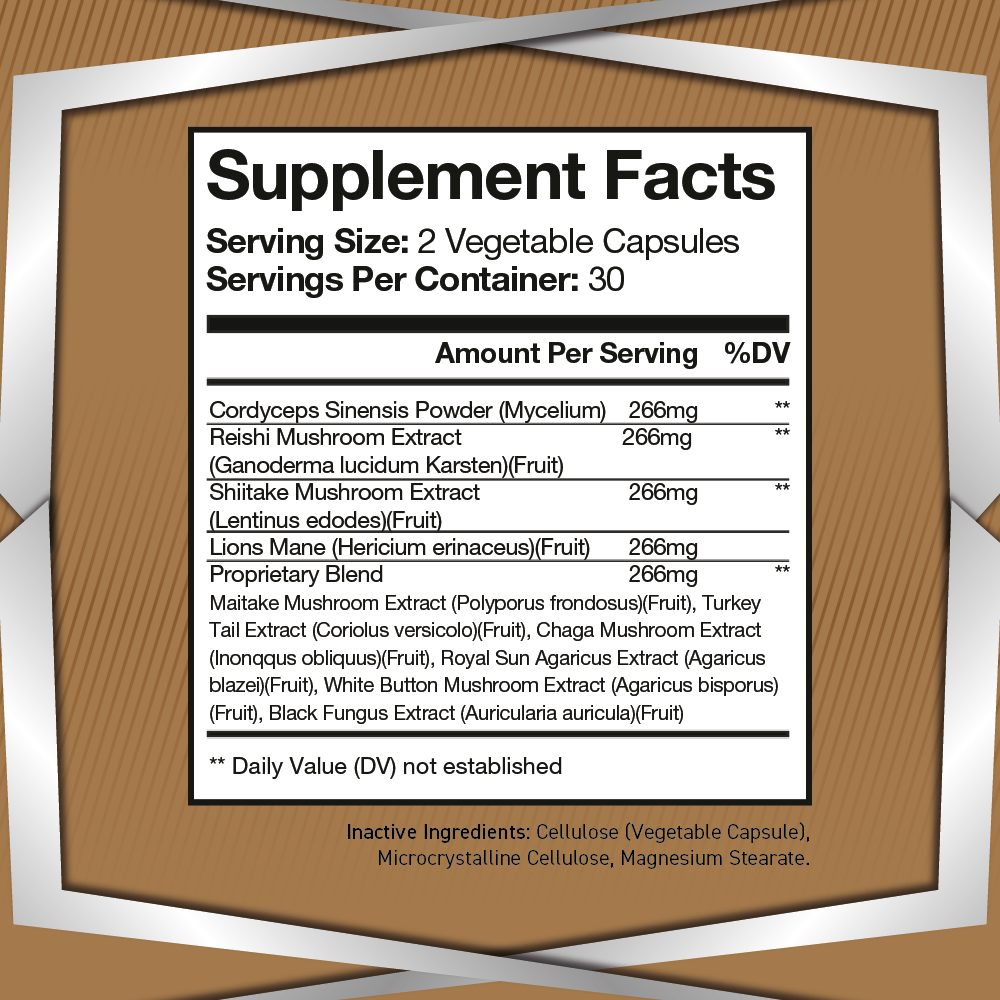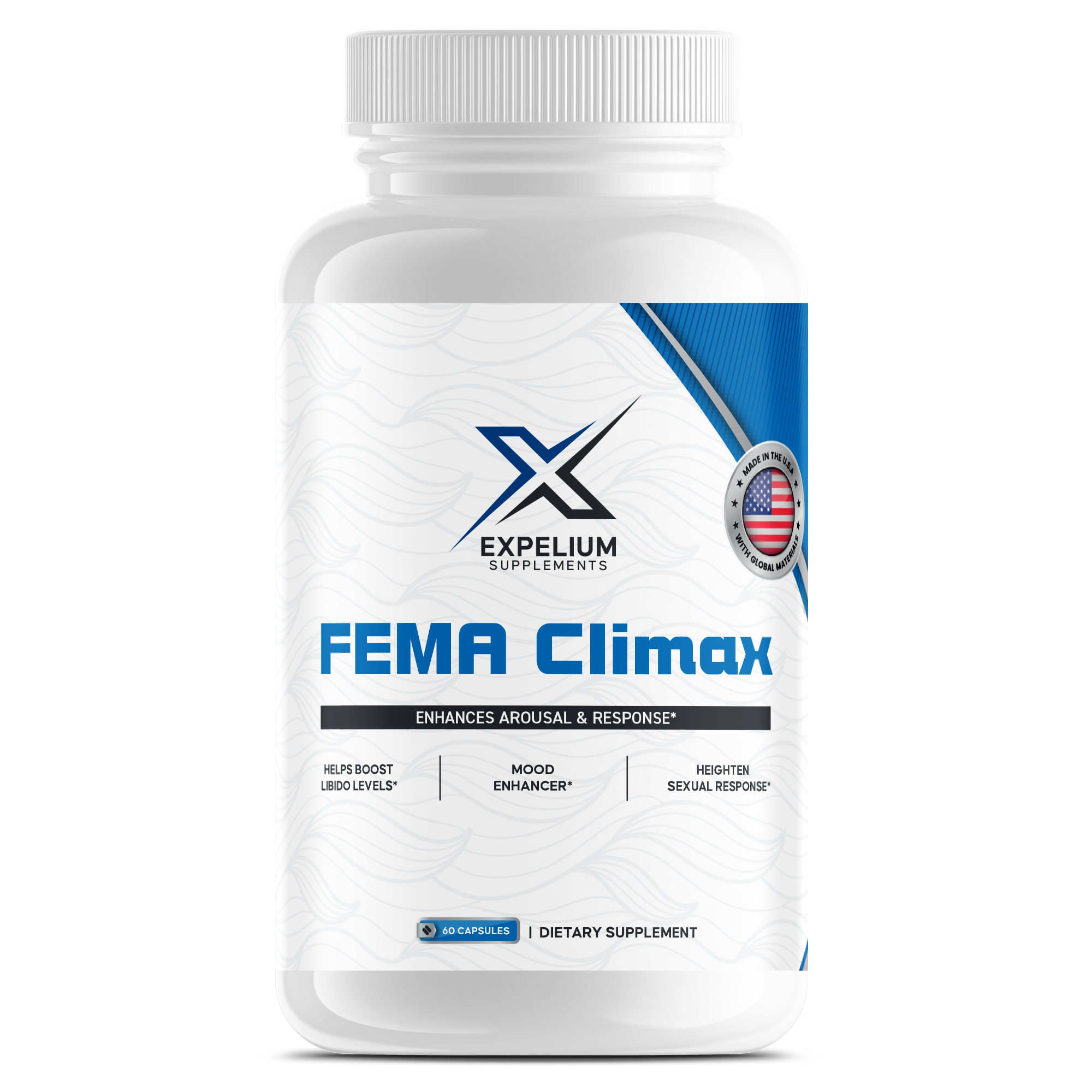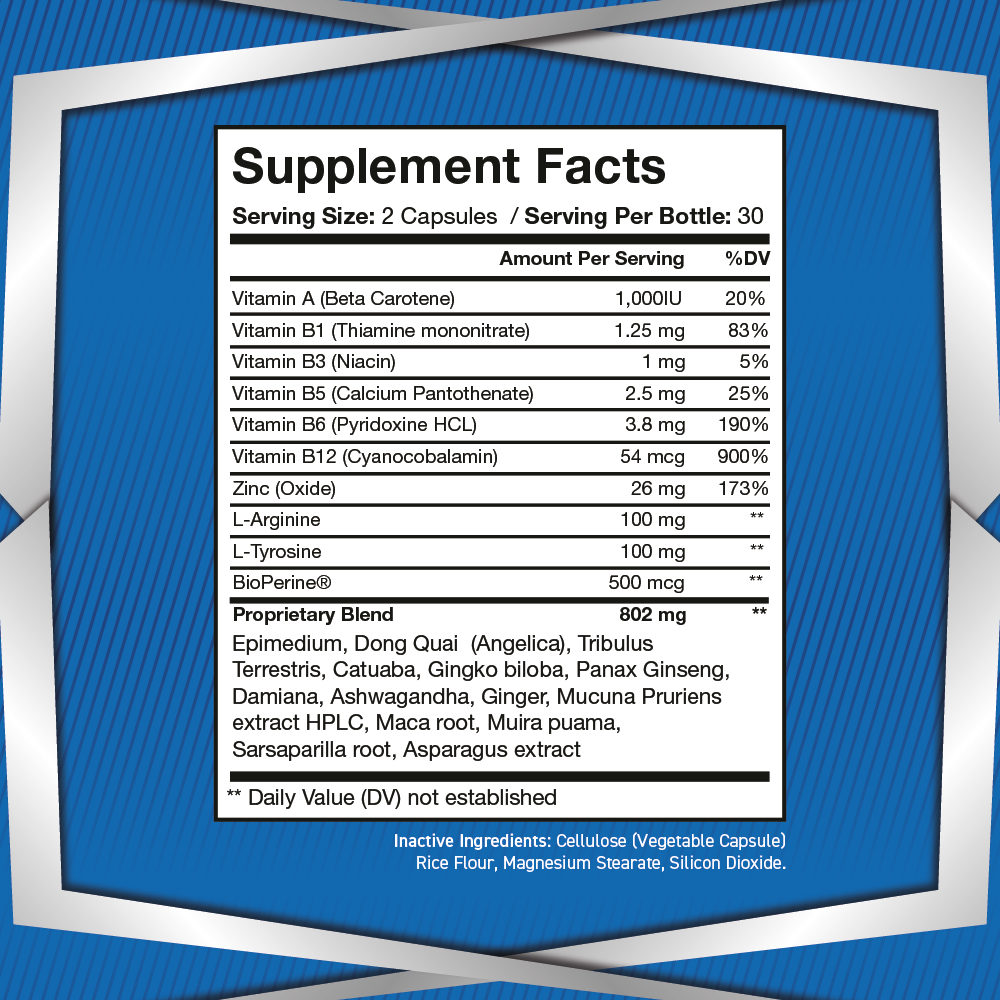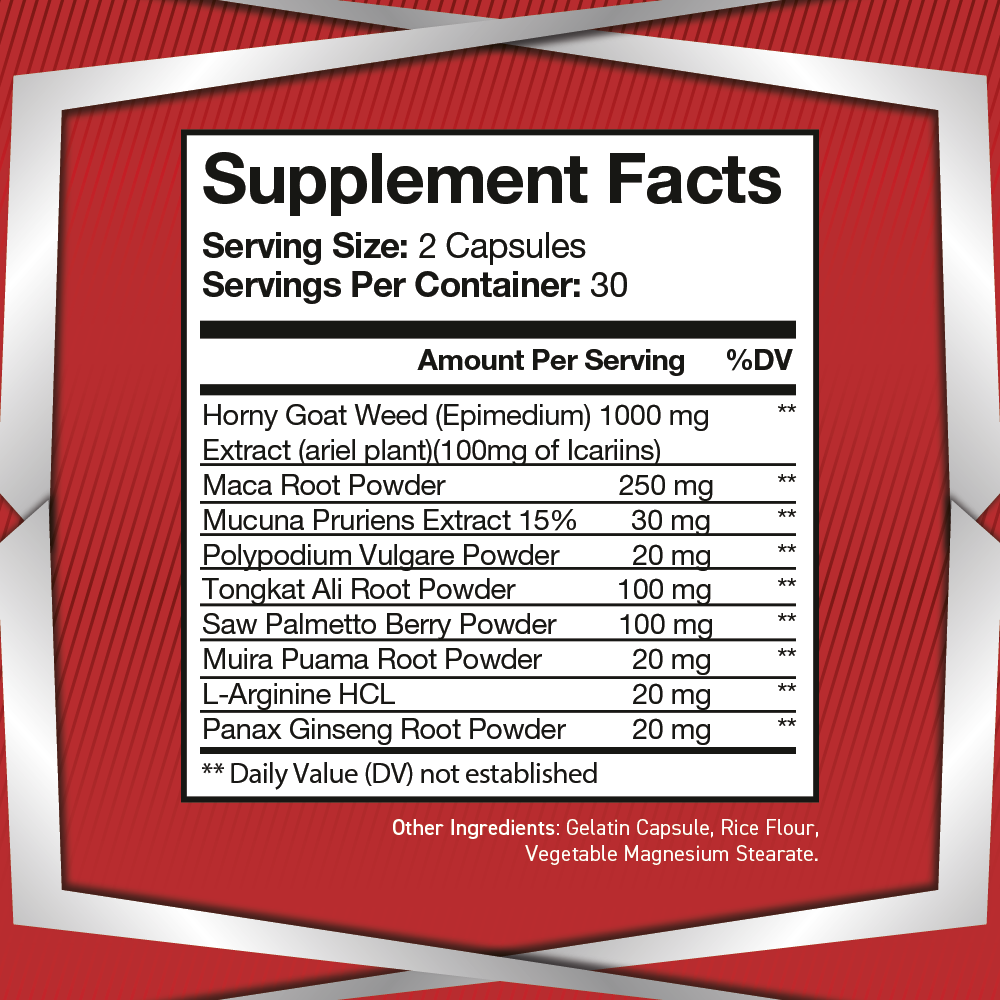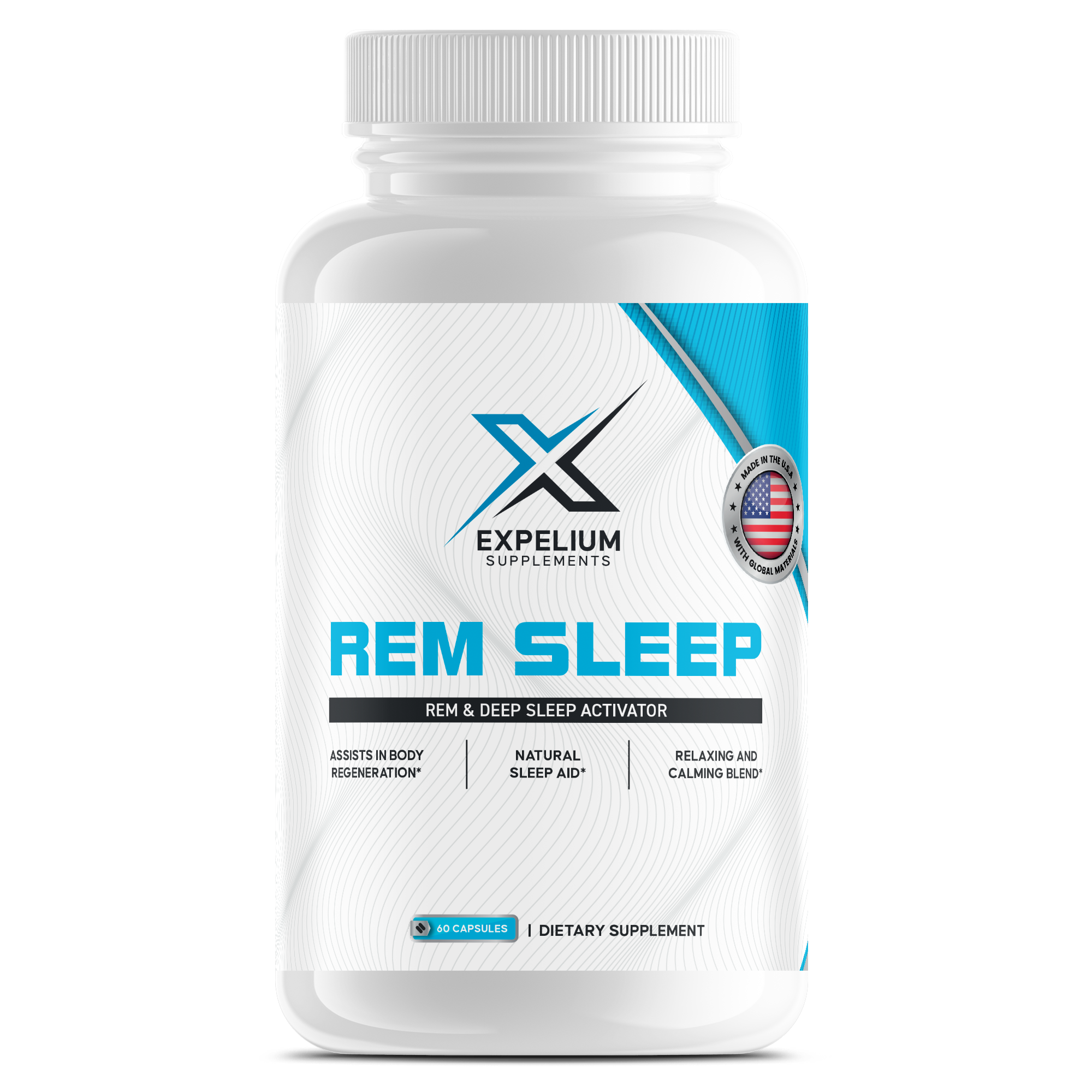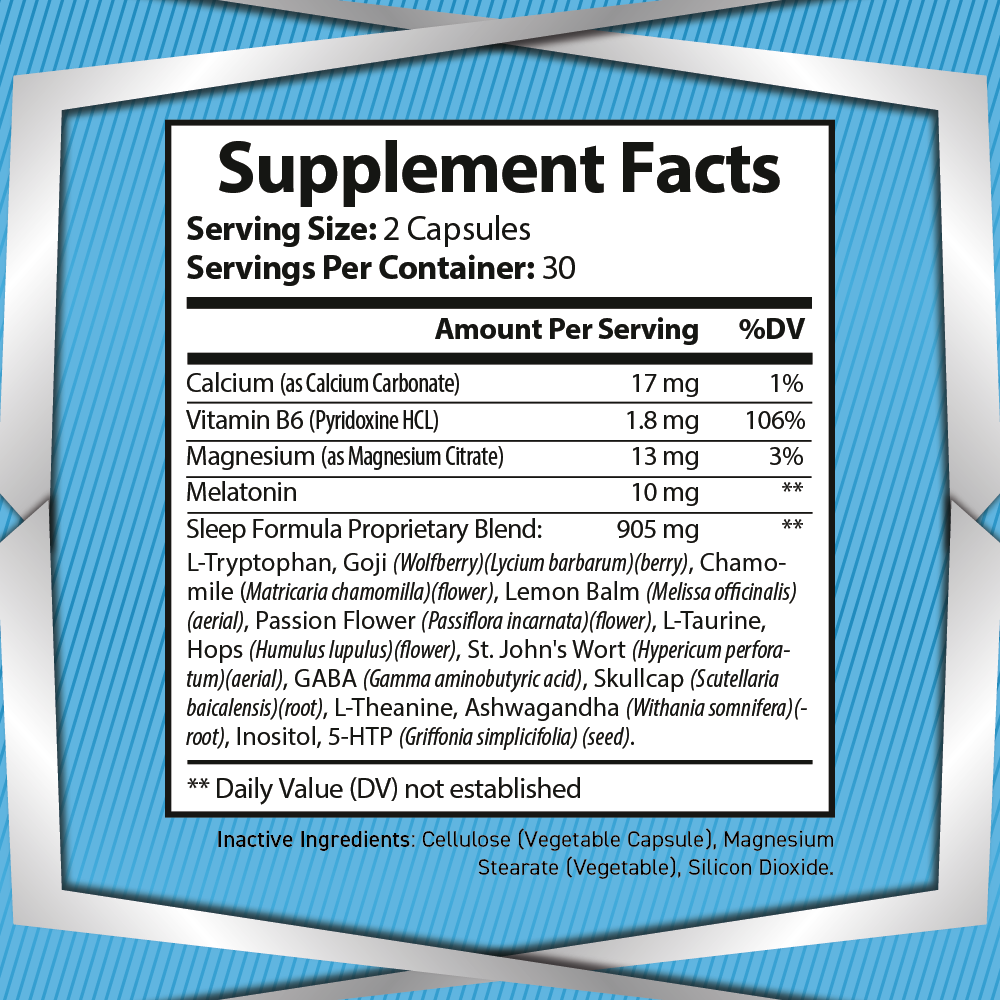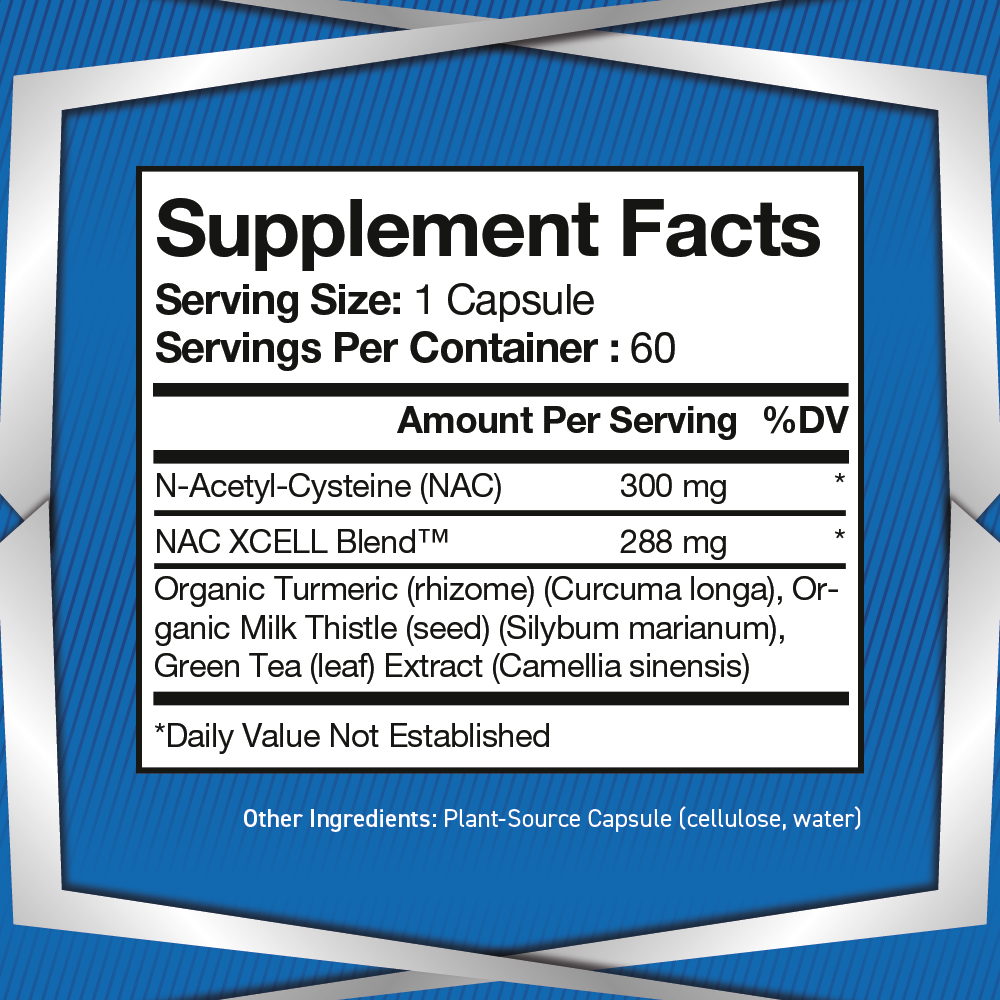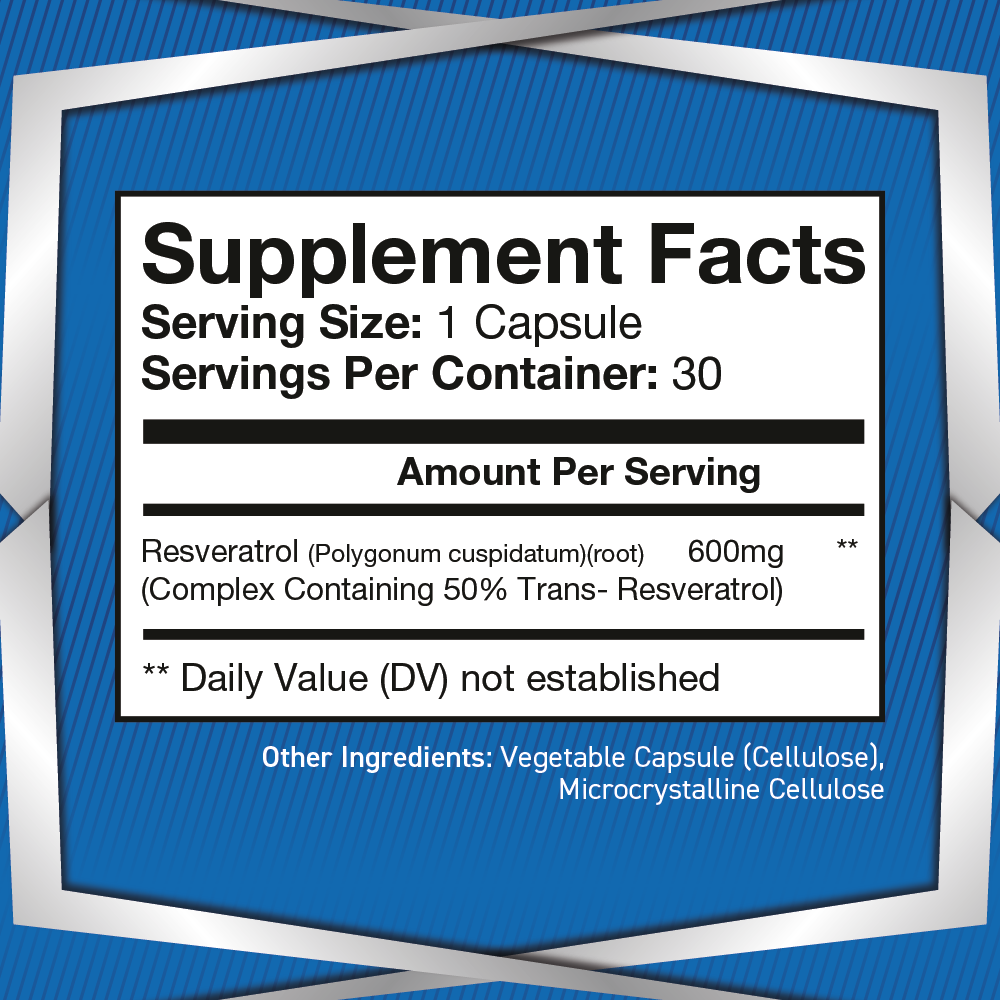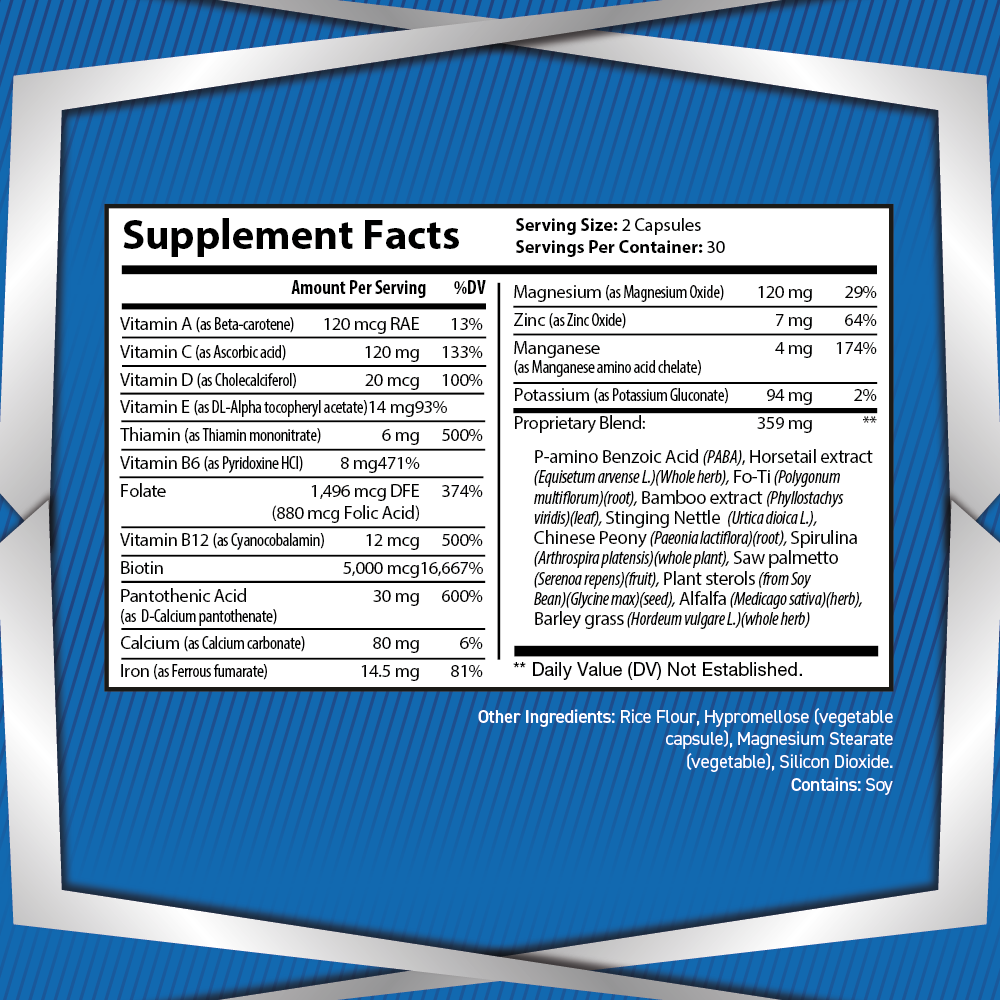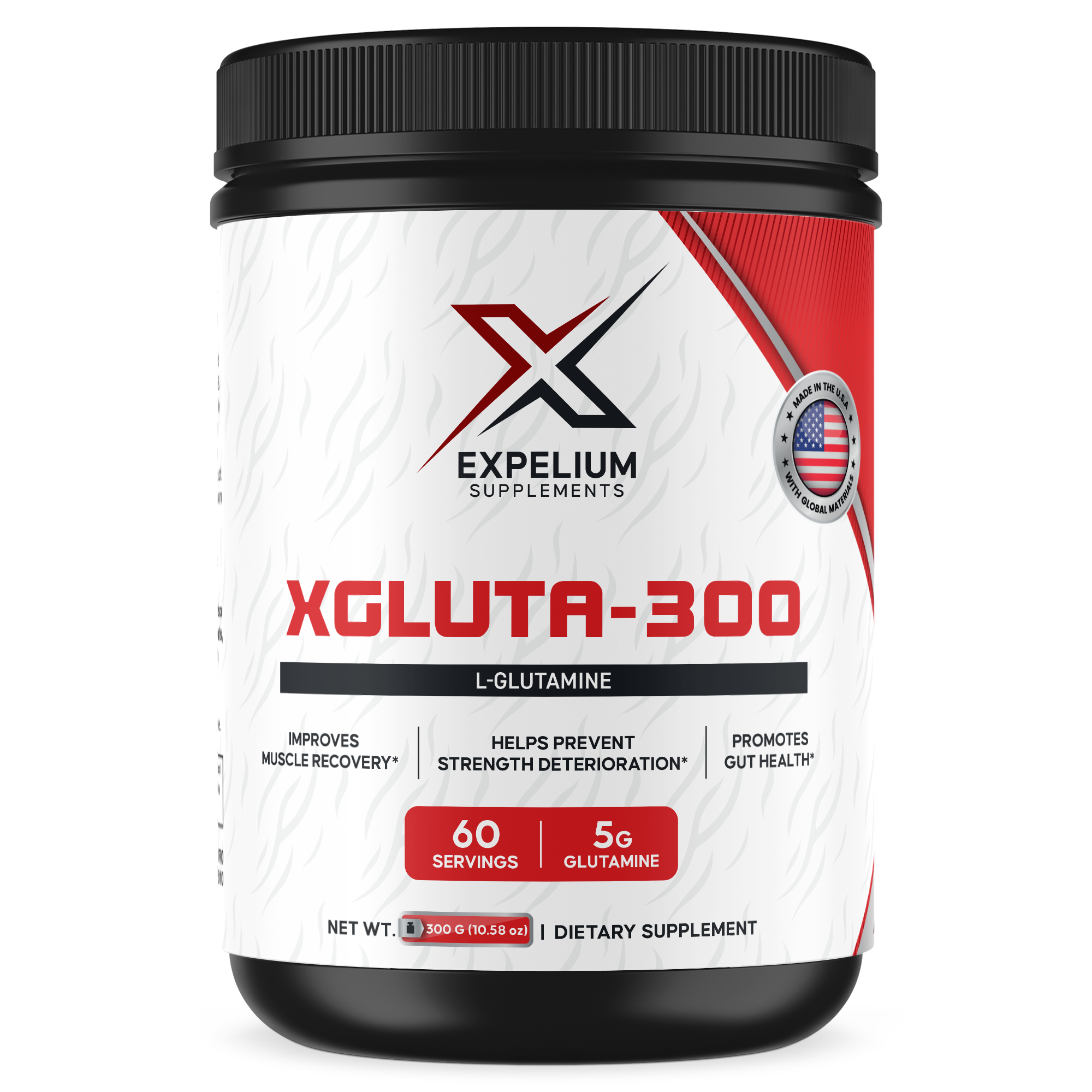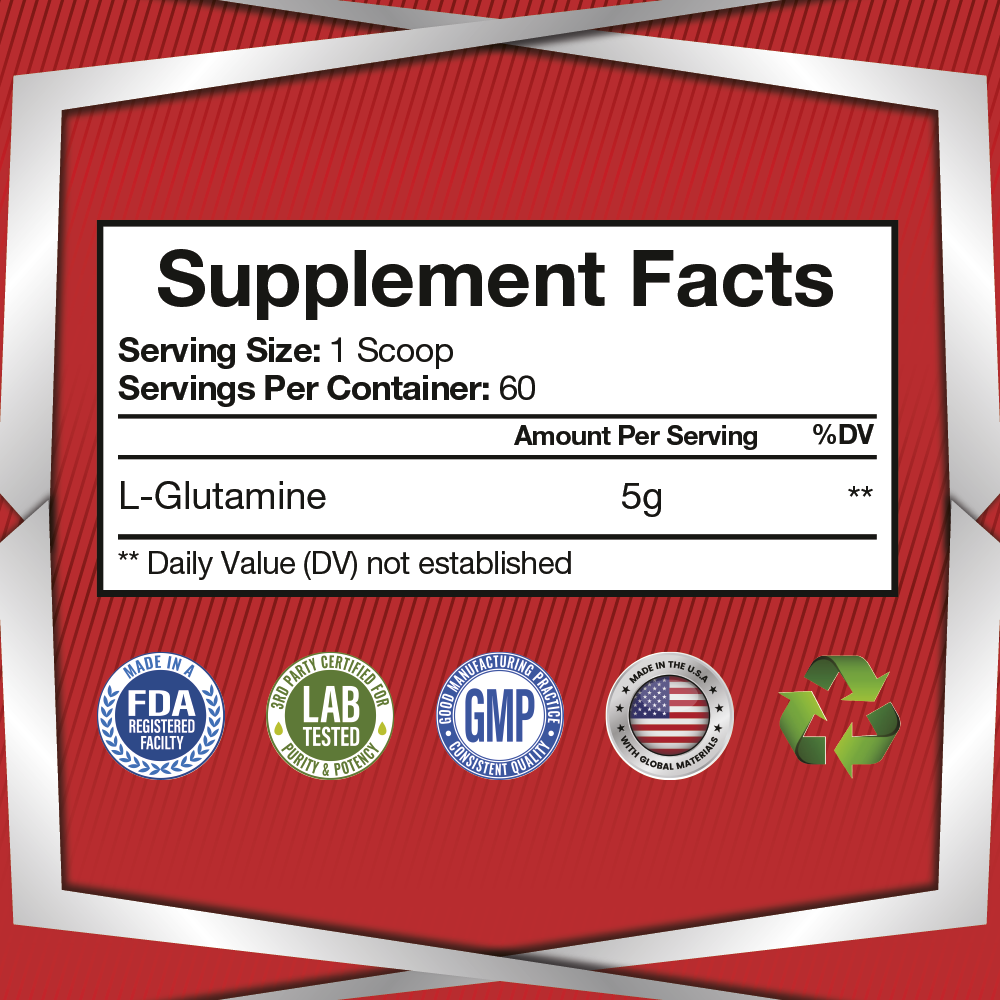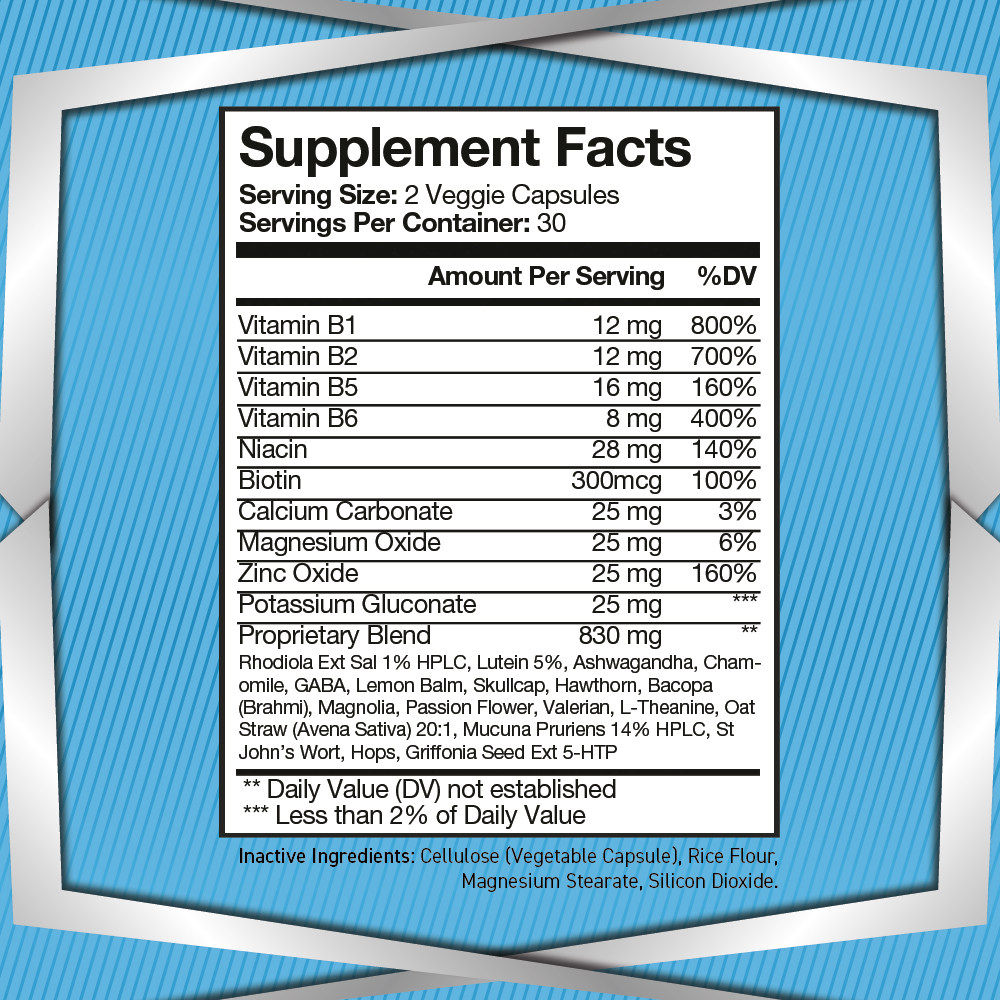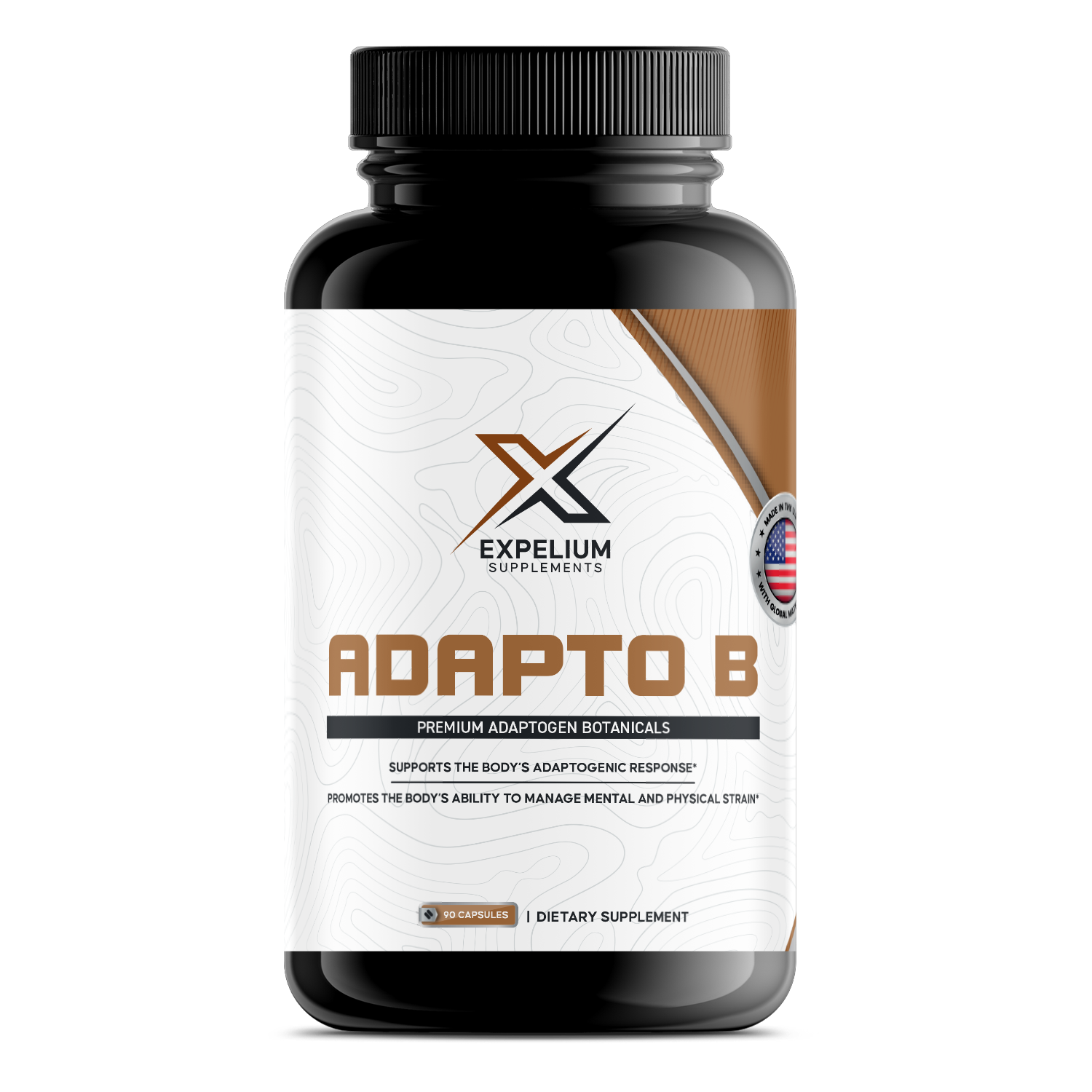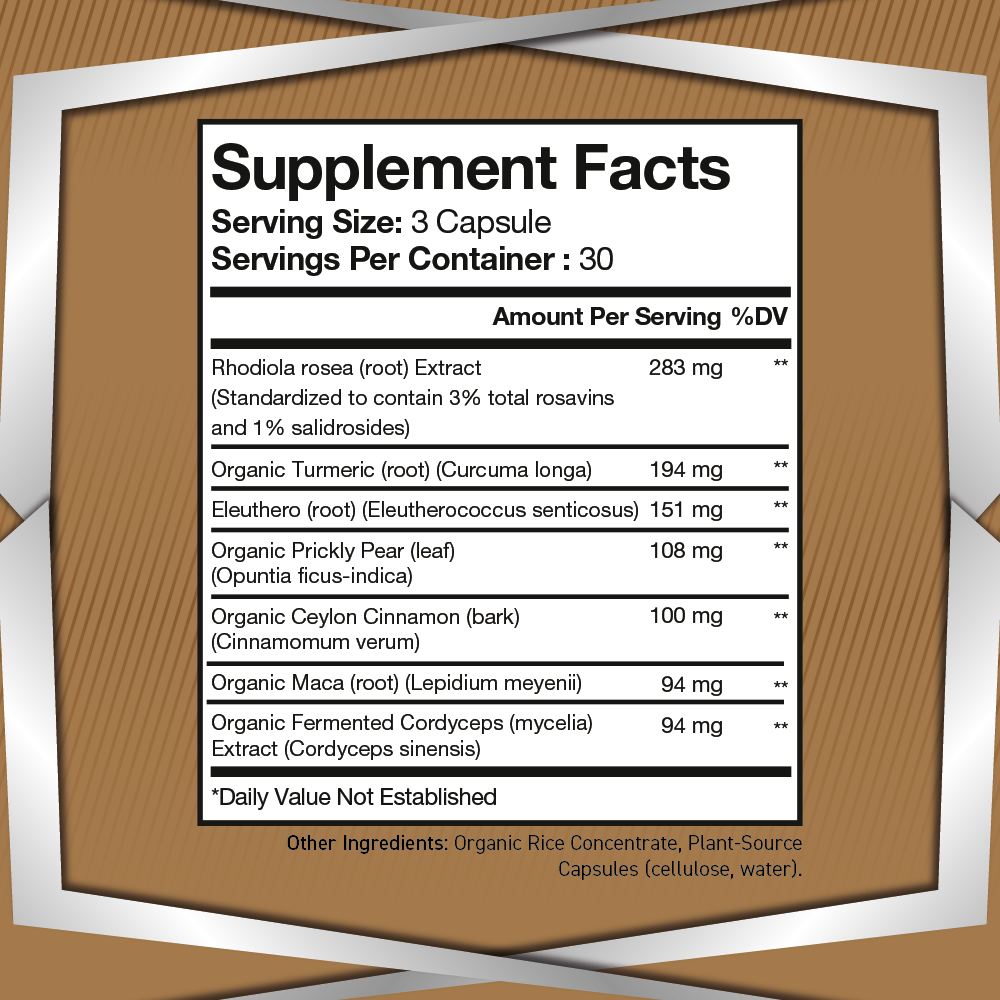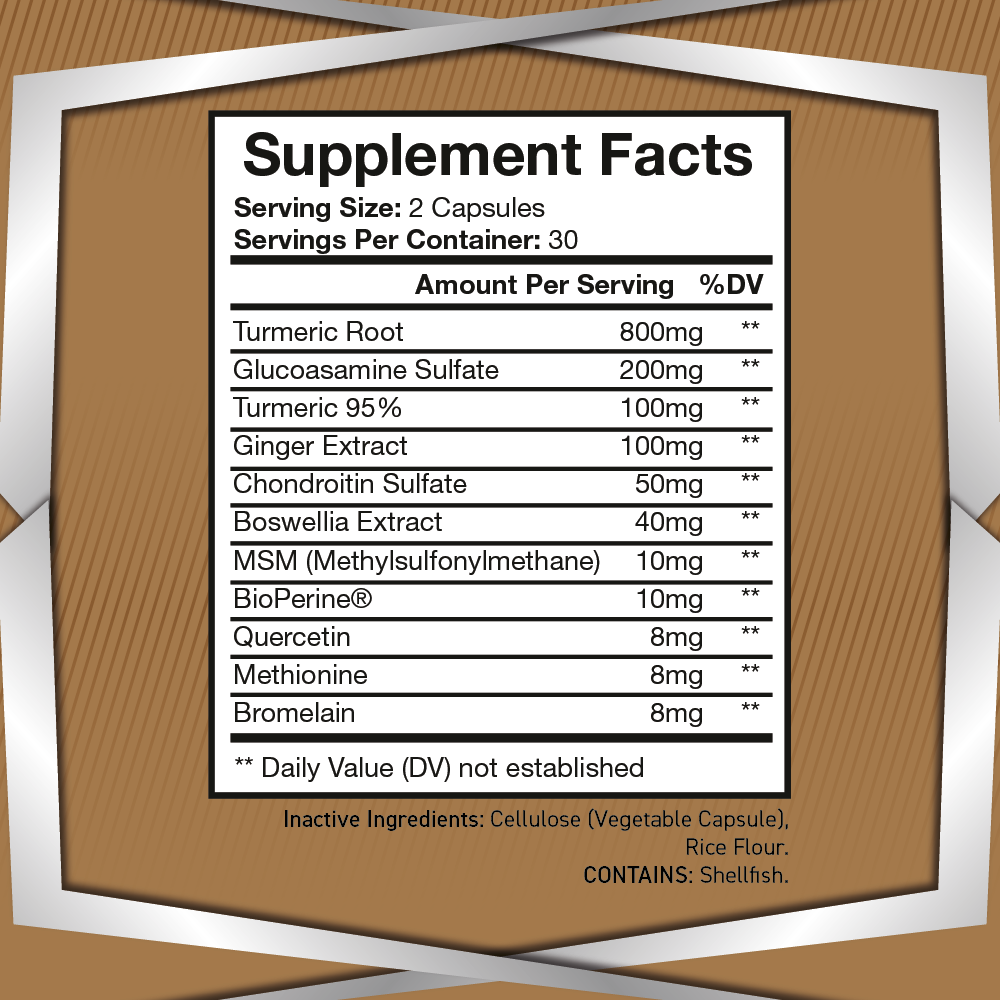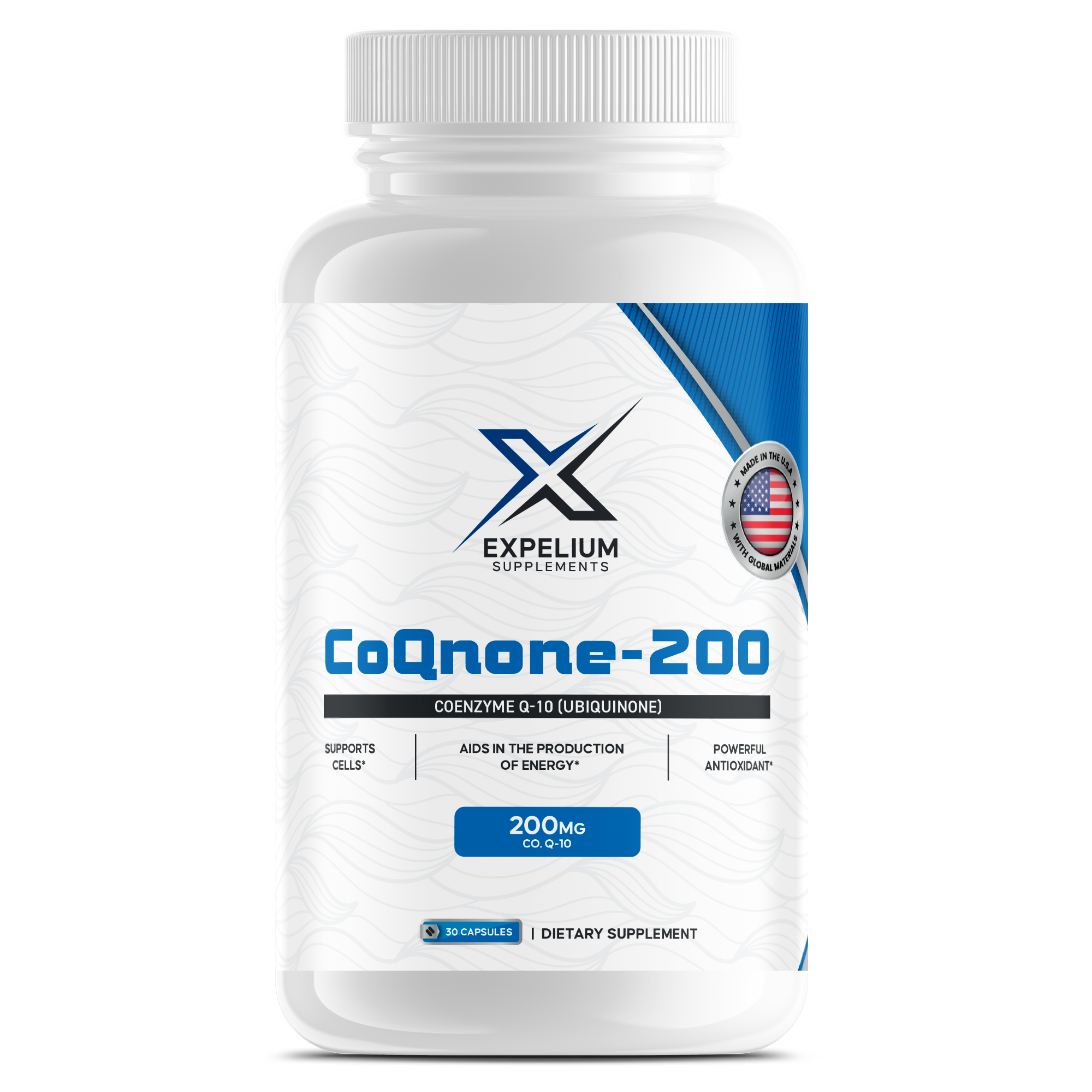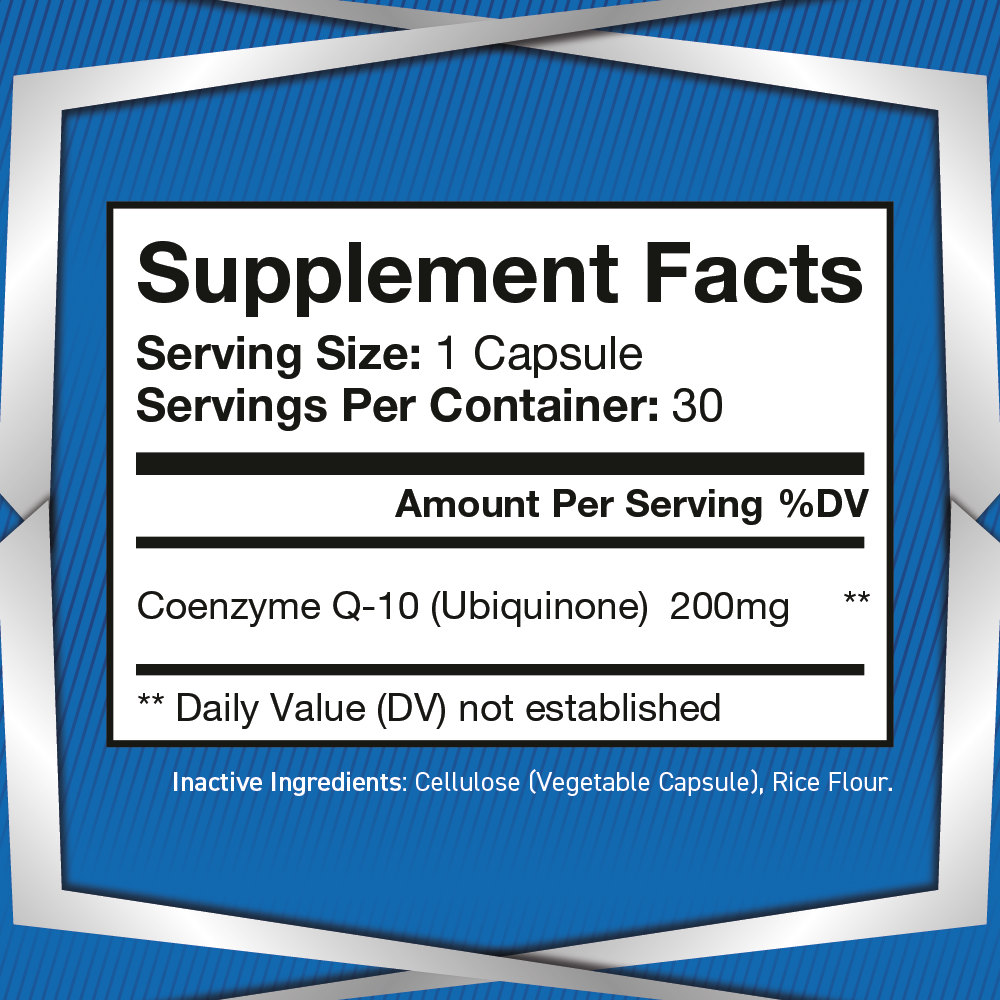5-Hydroxytryptophan (5-HTP) is often marketed as a powerful natural solution for increasing serotonin levels in the brain, with claims of improving mood, sleep, and overall well-being. However, while 5-HTP is indeed the direct precursor to serotonin, its effects are more complex than commonly portrayed. The science behind 5-HTP reveals a nuanced picture, highlighting both its potential benefits and its limitations. Understanding its biochemical mechanisms, clinical efficacy, and possible contraindications is essential for anyone considering its use.
The Biochemical Process: From 5-HTP to Serotonin
Serotonin, a key neurotransmitter associated with mood regulation, does not cross the blood-brain barrier. Therefore, increasing serotonin levels through direct supplementation is not feasible. 5-HTP, however, is a unique compound that freely crosses into the brain and is rapidly converted into serotonin by the enzyme L-aromatic amino acid decarboxylase (AAAD). Unlike other precursors such as L-tryptophan, 5-HTP bypasses several biochemical steps and is converted into serotonin without biochemical feedback inhibition. This theoretically means that the more 5-HTP introduced, the more serotonin can be produced.
However, the process is not without limitations. The availability of AAAD plays a crucial role in determining how efficiently 5-HTP is converted into serotonin. While increasing 5-HTP intake may lead to higher serotonin synthesis, this effect is constrained by enzymatic availability, making infinitely high serotonin levels unattainable through 5-HTP alone.
Examining the Efficacy of 5-HTP in Depression
The appeal of 5-HTP as a natural alternative to antidepressant medications has led to widespread promotion of its benefits. Some studies have suggested that 5-HTP supplementation can help alleviate depressive symptoms by increasing serotonin availability. However, a closer look at scientific literature presents a more cautious perspective. Many studies that show positive results often involve 5-HTP combined with carbidopa, a peripheral decarboxylase inhibitor that prevents serotonin synthesis outside the brain, ensuring more 5-HTP reaches the central nervous system.
A notable example often cited involves a study where 99 patients diagnosed with treatment-resistant depression received 5-HTP supplementation. Reports claim that 43 out of the 99 patients showed significant improvement, implying a success rate of approximately 43.4%. However, further examination of the study reveals that patients were not receiving 5-HTP alone but rather a combination of 5-HTP and carbidopa. Additionally, this rate of improvement is comparable to placebo responses in clinical trials, which typically range from 30-45% in depression studies. The evidence suggests that while 5-HTP may contribute to serotonin production, its efficacy in treating depression without additional interventions remains questionable.
The Potential Risks and Limitations of 5-HTP
While serotonin is essential for mood regulation, mental health is far more complex than simply increasing its levels. Depression and other mood disorders may also involve imbalances in other neurotransmitters such as dopamine and norepinephrine. Research has indicated that excessive administration of 5-HTP alone can lead to a depletion of dopamine and norepinephrine, potentially exacerbating symptoms in individuals whose depression is linked to catecholamine dysfunction.
This depletion effect is particularly concerning for individuals with conditions such as:
-
Attention-deficit hyperactivity disorder (ADHD) – Where dopamine imbalances play a key role.
-
Seasonal affective disorder (SAD) – Which may involve disruptions in both serotonin and catecholamines.
-
Generalized anxiety disorder (GAD) – Where excessive serotonin without balanced dopamine activity may increase symptoms.
-
Obesity and appetite regulation – Due to serotonin’s influence on satiety signals.
-
Parkinson’s disease – Which is directly linked to dopamine deficiency.
Given these potential risks, supplementing with 5-HTP without considering broader neurochemical interactions could lead to unintended consequences, particularly for individuals with complex neurochemical imbalances.
Why 5-HTP is Often Used in Combination Therapy
Due to the limitations of 5-HTP as a standalone supplement, researchers have explored ways to enhance its effectiveness while minimizing adverse effects. One of the most studied combinations involves using 5-HTP alongside carbidopa. Carbidopa inhibits peripheral AAAD, preventing the premature conversion of 5-HTP into serotonin before it reaches the brain. This allows for more controlled and efficient serotonin synthesis where it is needed most.
Interestingly, carbidopa was initially developed to be used with L-DOPA for the treatment of Parkinson’s disease, where dopamine imbalances are a primary concern. However, studies have shown that the addition of carbidopa to 5-HTP supplementation reduces side effects and improves central serotonin availability. Despite these findings, long-term use of carbidopa is not without risk, as it has been associated with various neurological and physiological side effects.
The Future of 5-HTP Research
The complexity of serotonin regulation means that the role of 5-HTP in mental health treatment remains an area of ongoing research. While some studies highlight its potential, the lack of large-scale, high-quality clinical trials makes definitive conclusions difficult. Many researchers call for further investigations into:
-
The safety of long-term 5-HTP use.
-
Its effects when combined with other neurotransmitter precursors.
-
Its potential role in conditions beyond depression, such as sleep disorders and anxiety.
Additionally, the possibility of developing new formulations that optimize 5-HTP’s efficacy while reducing neurotransmitter imbalances could open doors to safer and more effective treatments.
Final Thoughts on 5-HTP Supplementation
5-HTP offers an intriguing pathway to increasing serotonin levels, but its use must be approached with scientific understanding rather than marketing hype. While it has shown promise in some cases, the lack of substantial evidence supporting its effectiveness as a standalone treatment raises concerns about its broad application in mental health. Individuals considering 5-HTP supplementation should do so with caution, particularly if they have conditions involving dopamine and norepinephrine regulation.
Rather than seeing 5-HTP as a one-size-fits-all solution, it should be viewed as one potential tool within a broader framework of mental health management. Future research will likely shed more light on its mechanisms, applications, and best use cases, helping refine its role in both supplementation and clinical practice.

